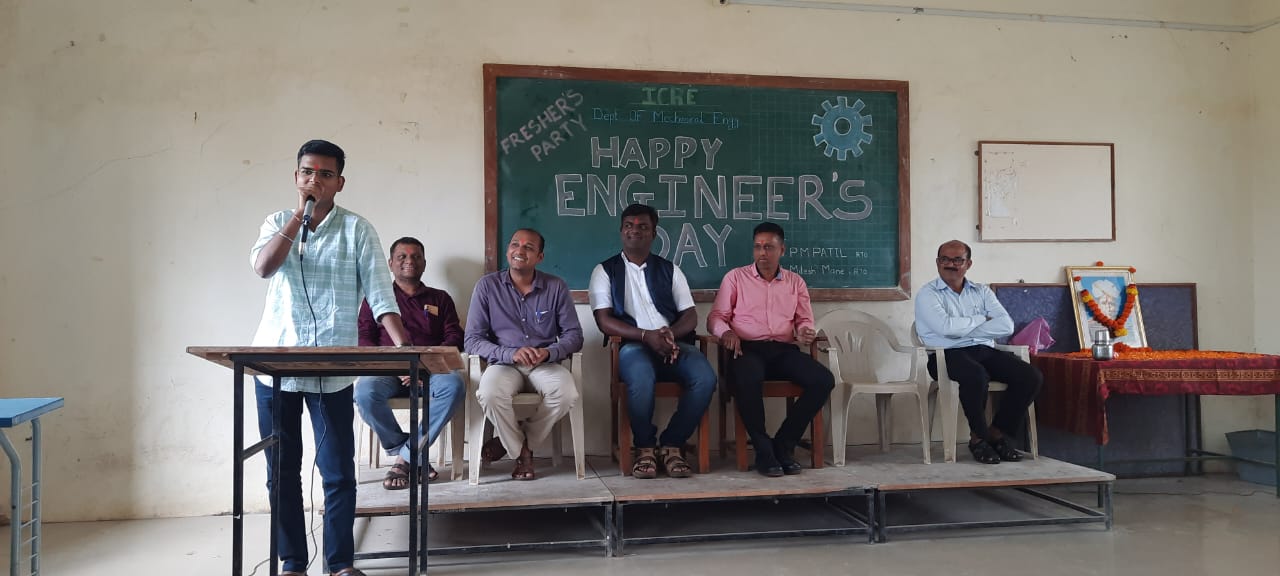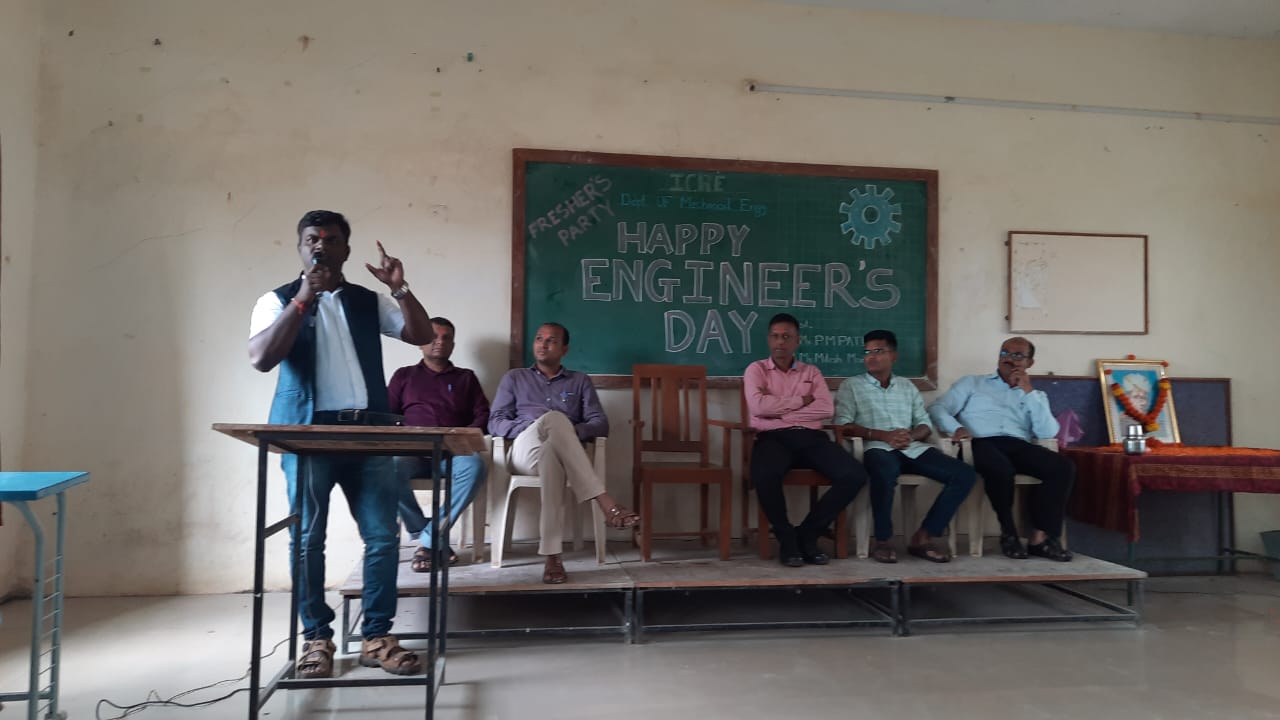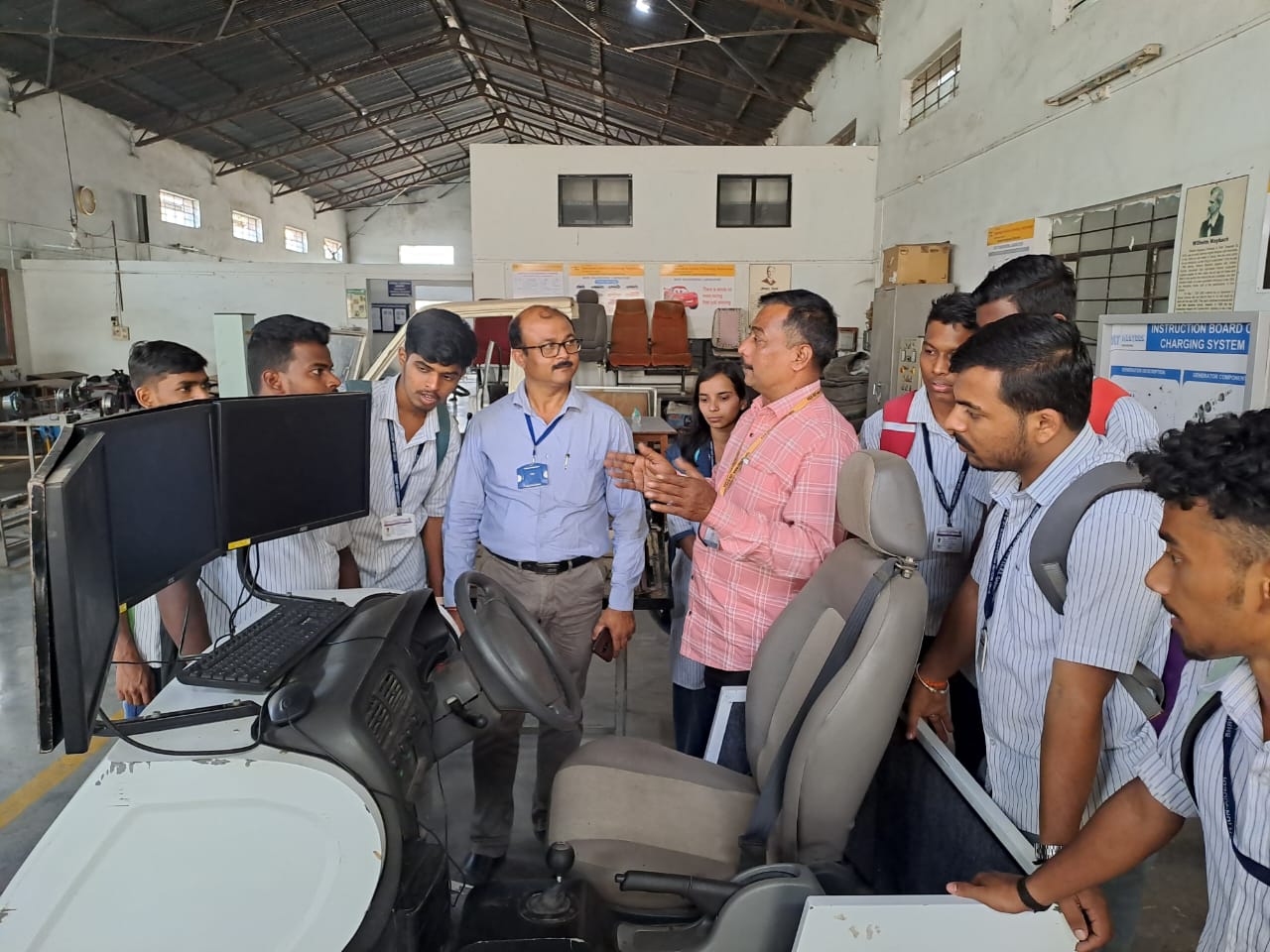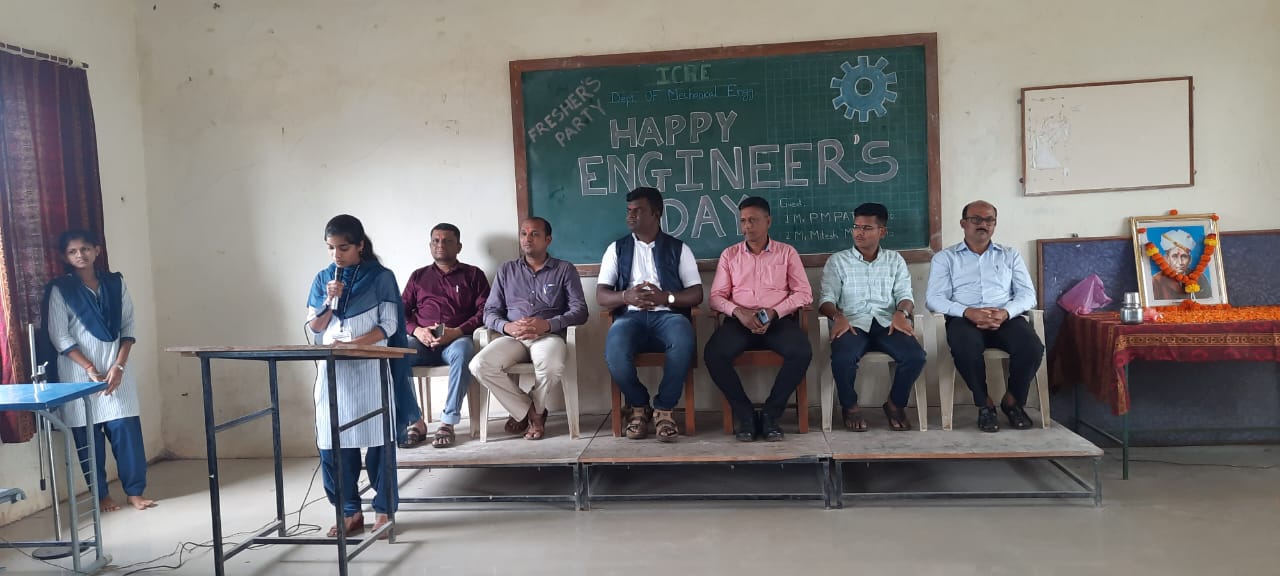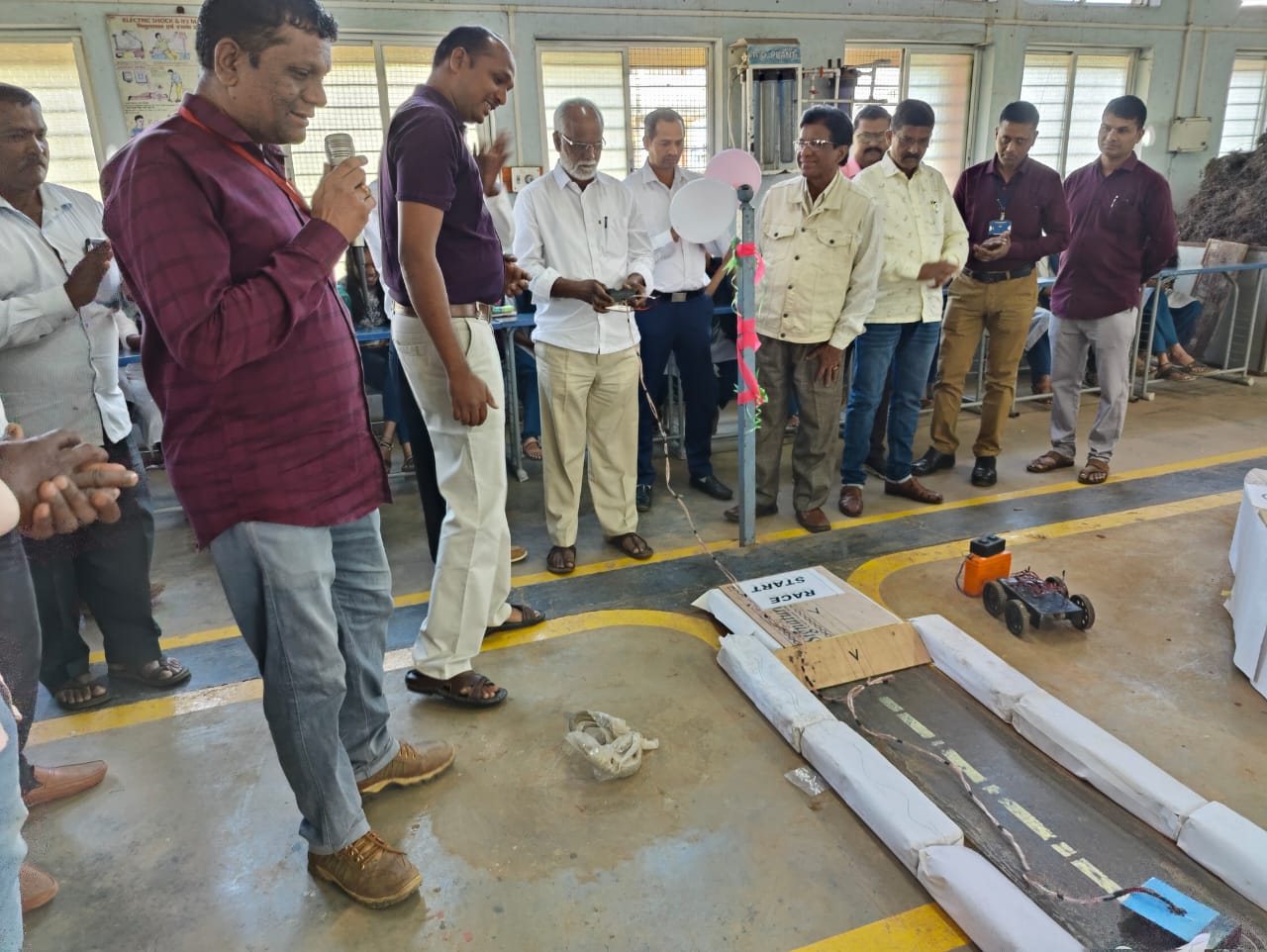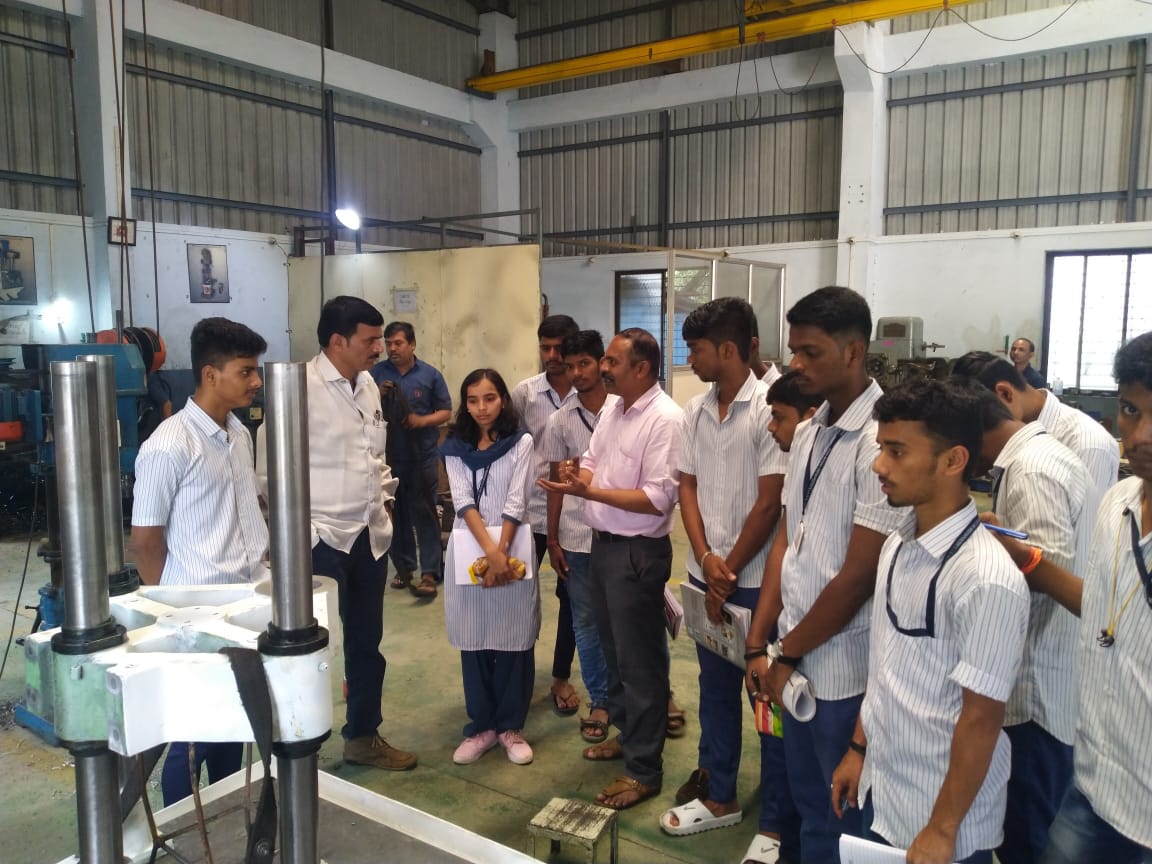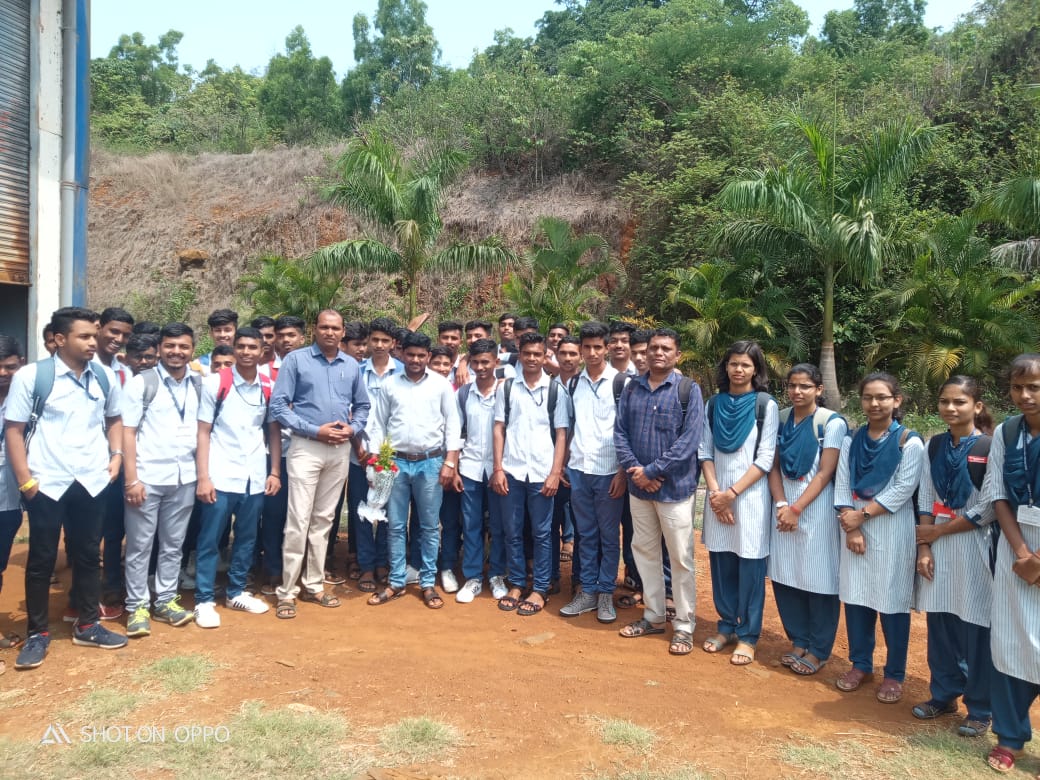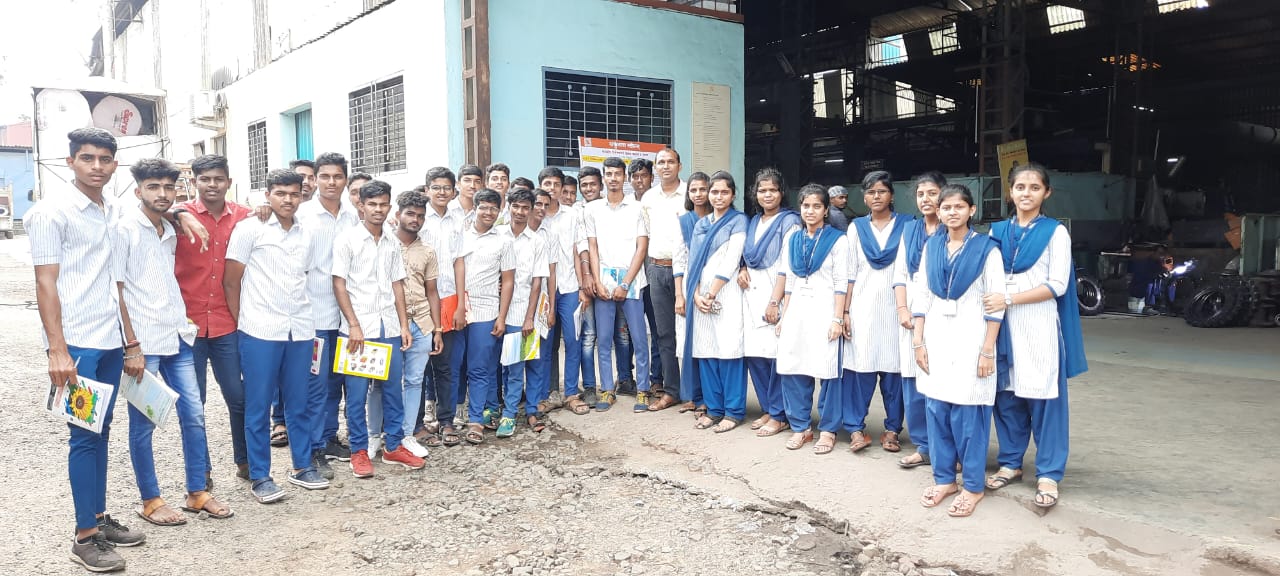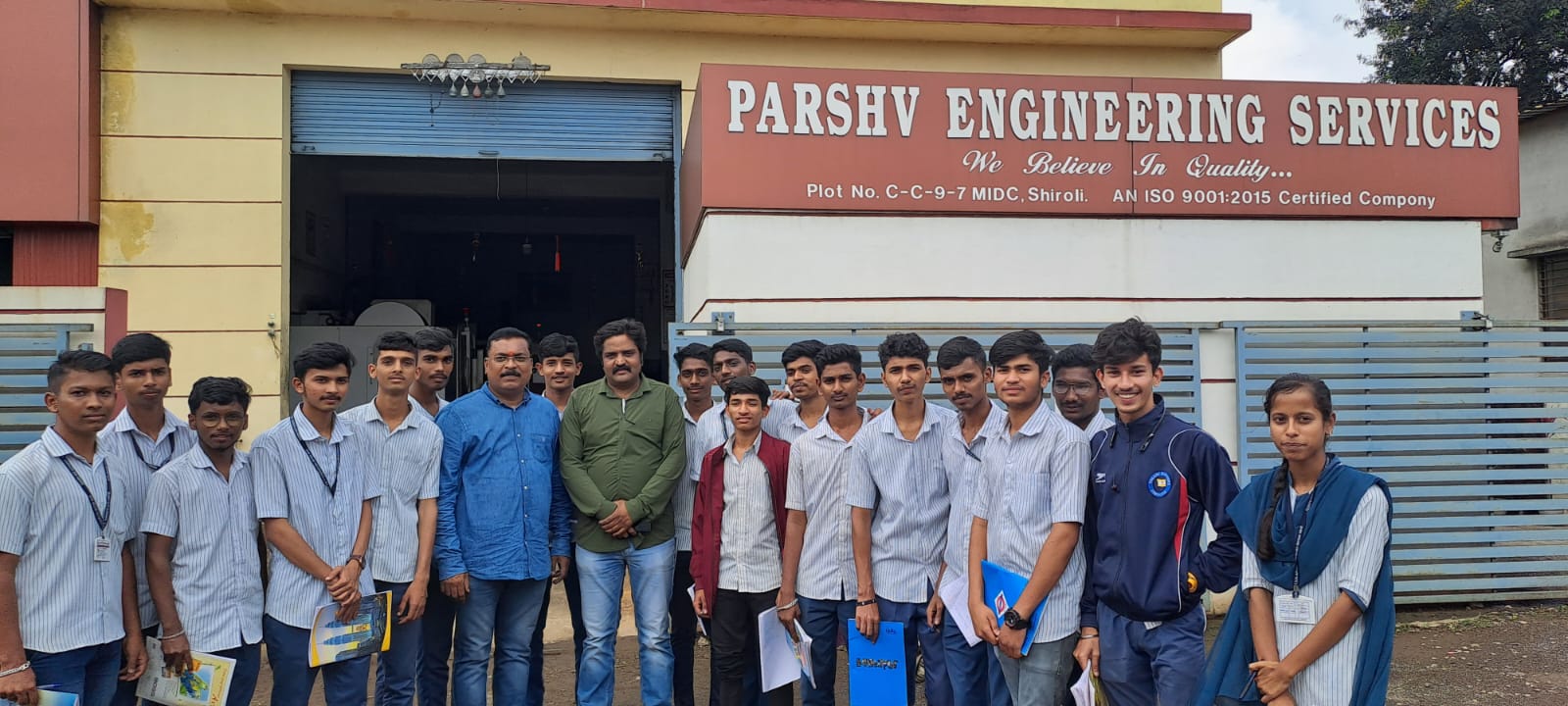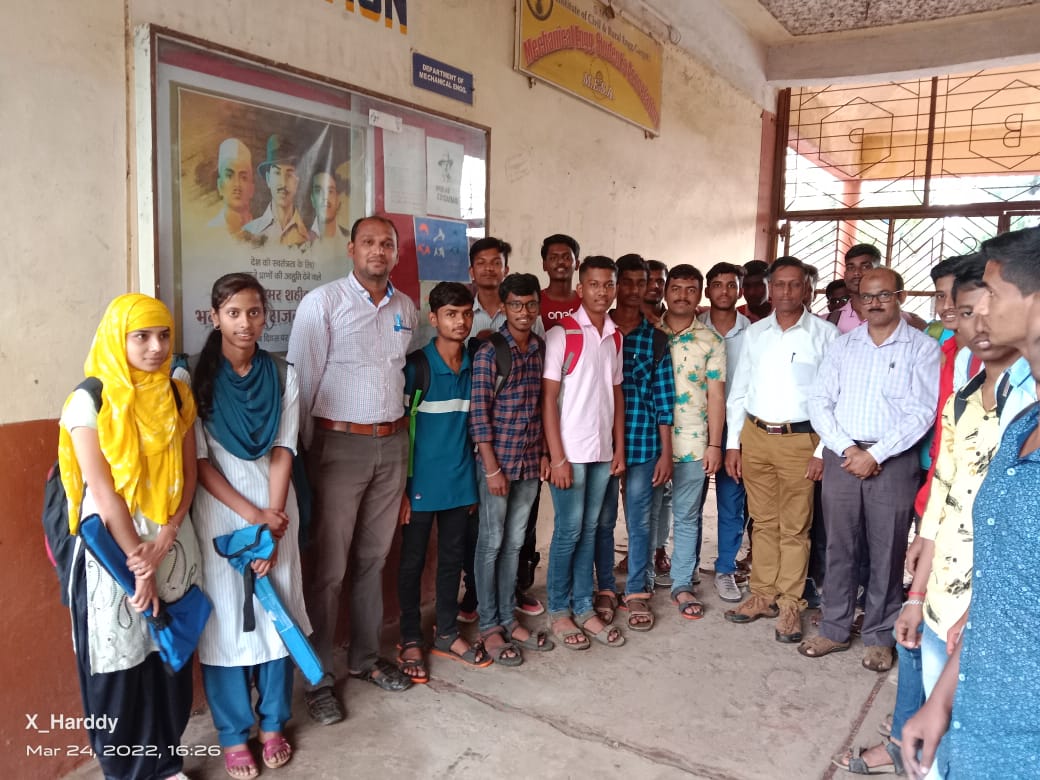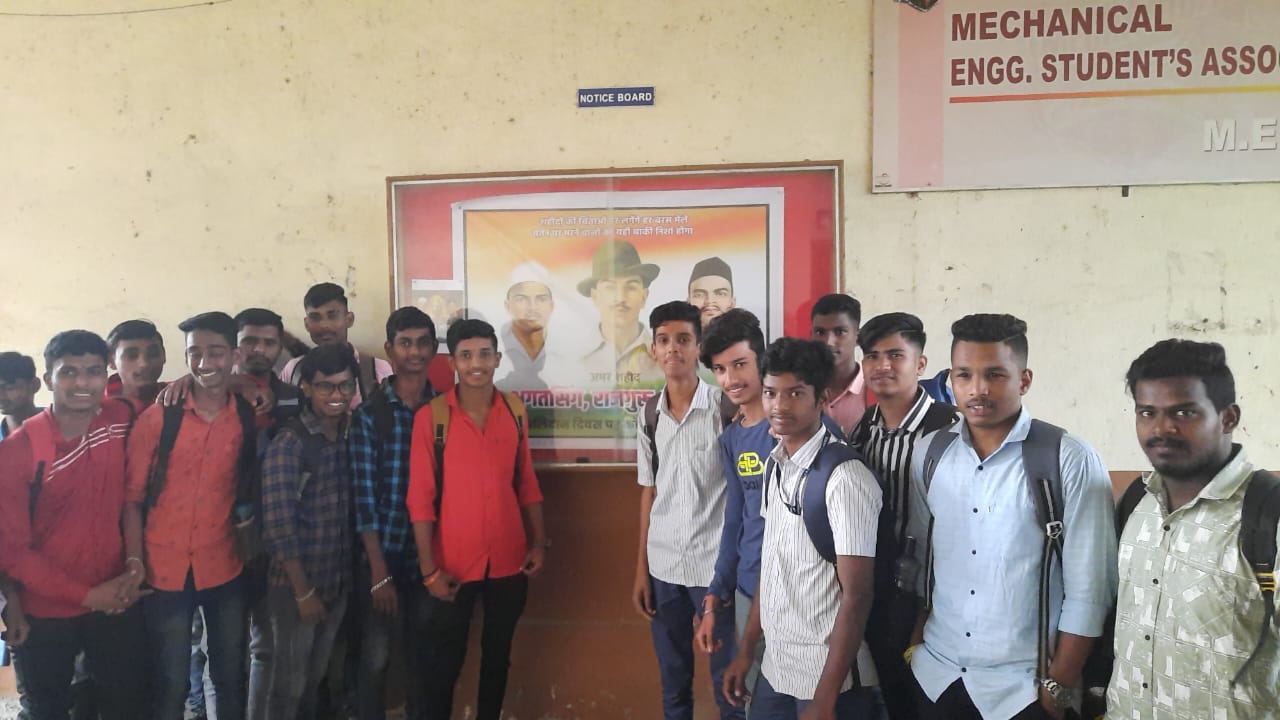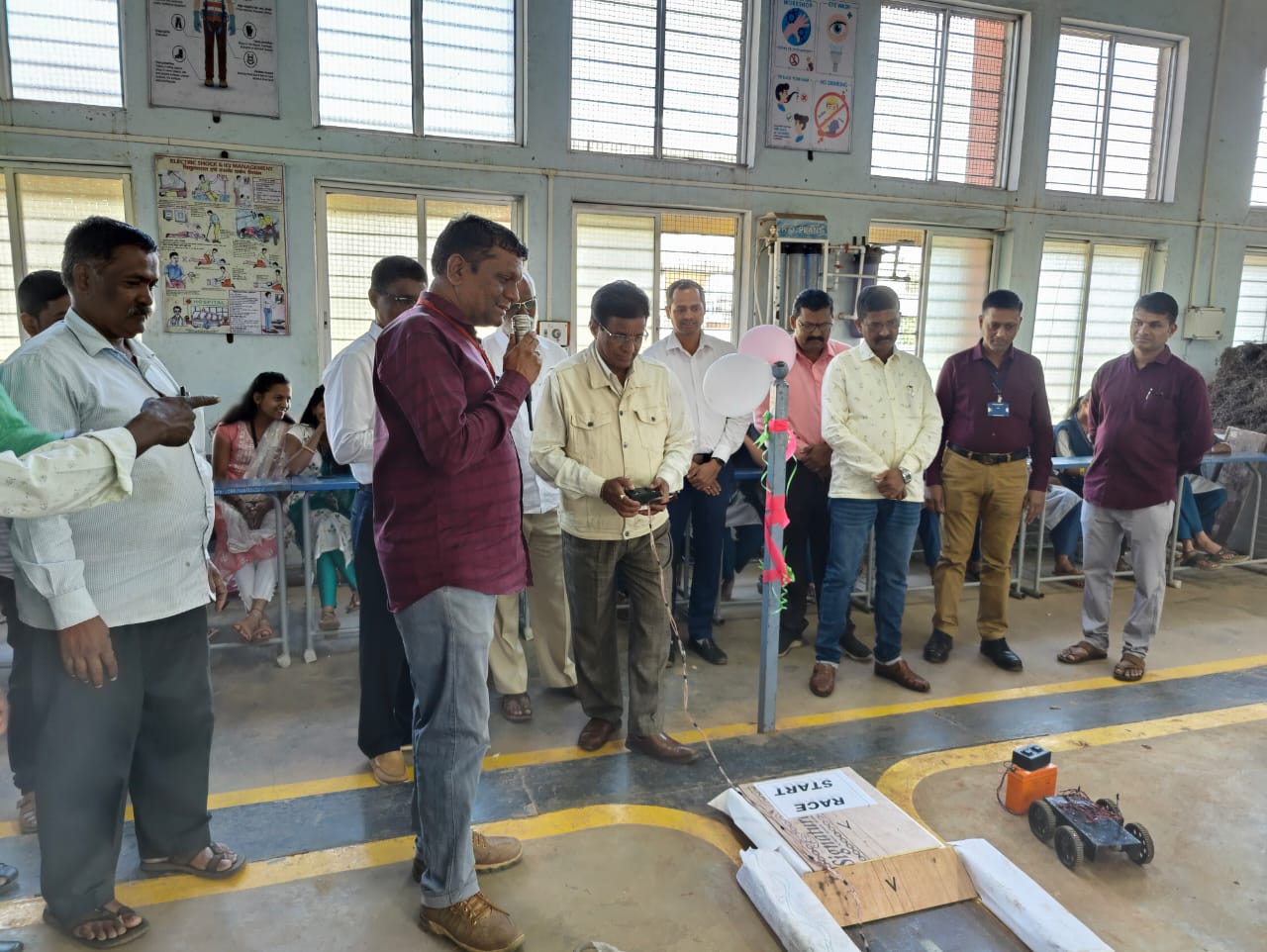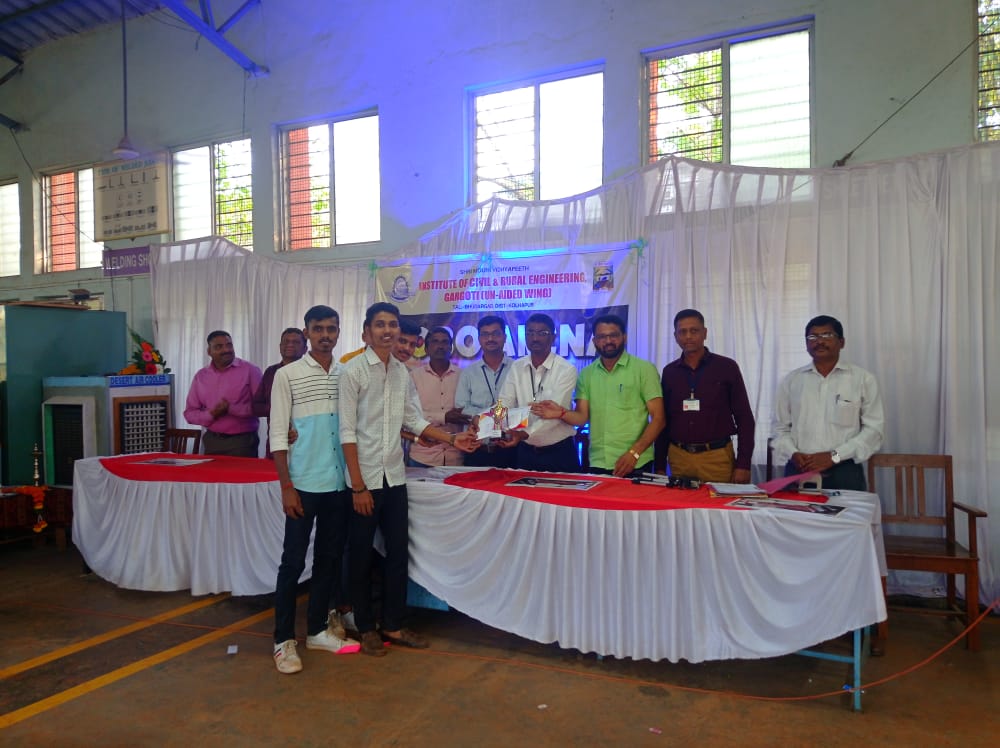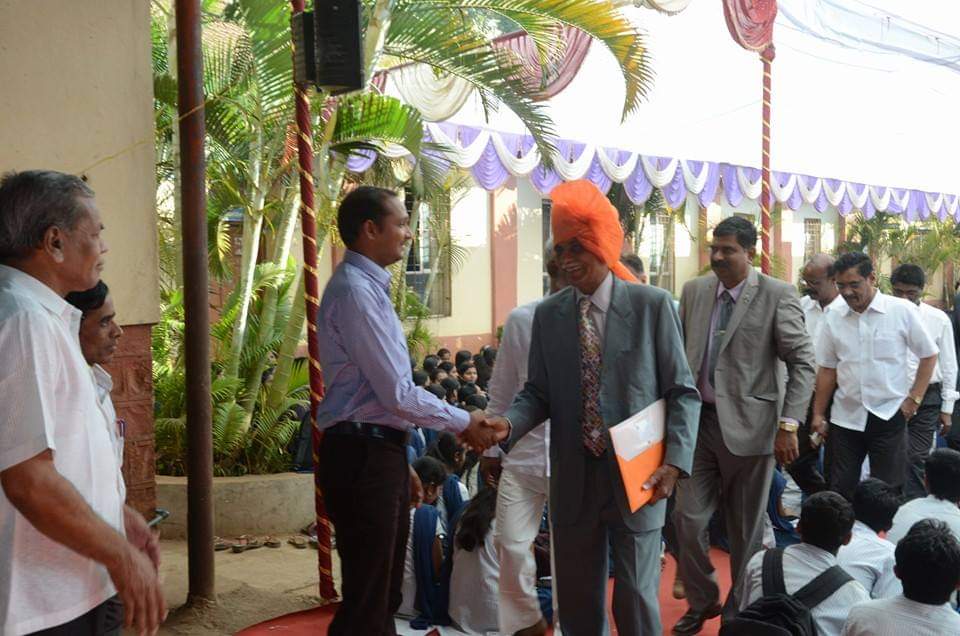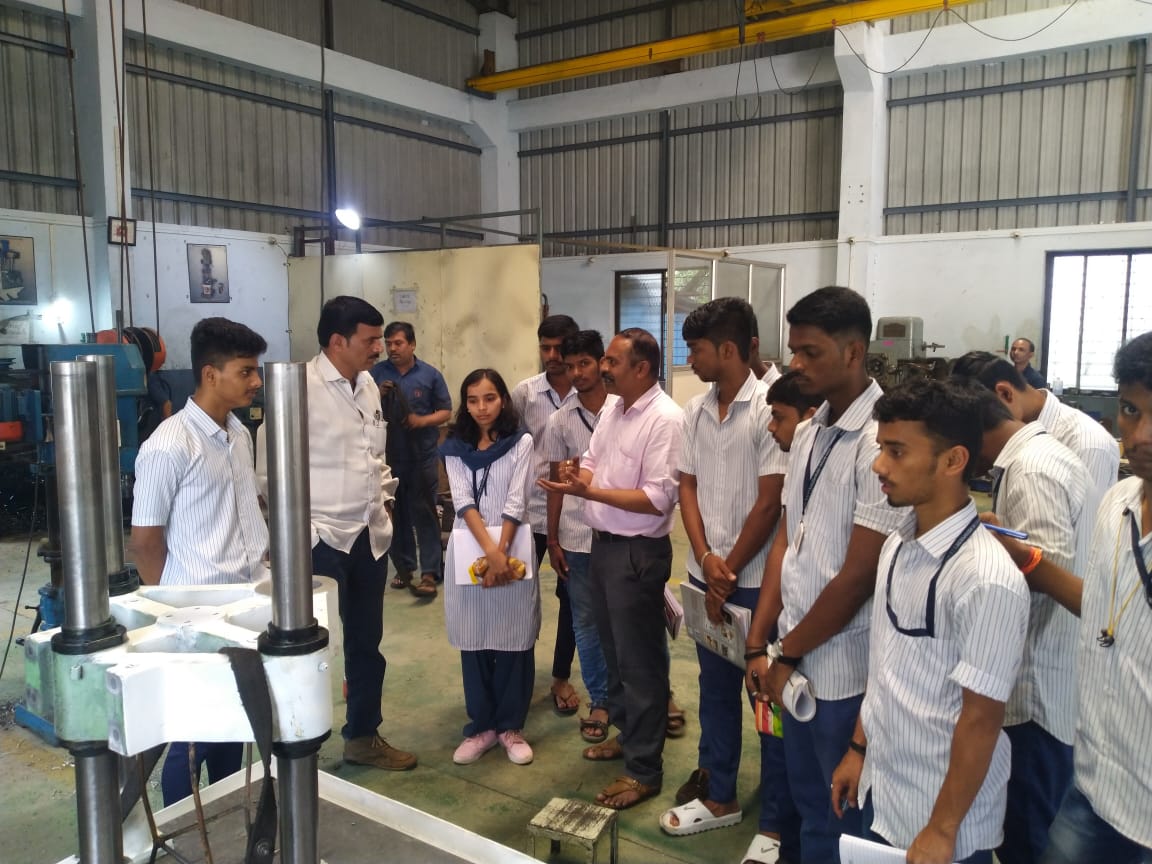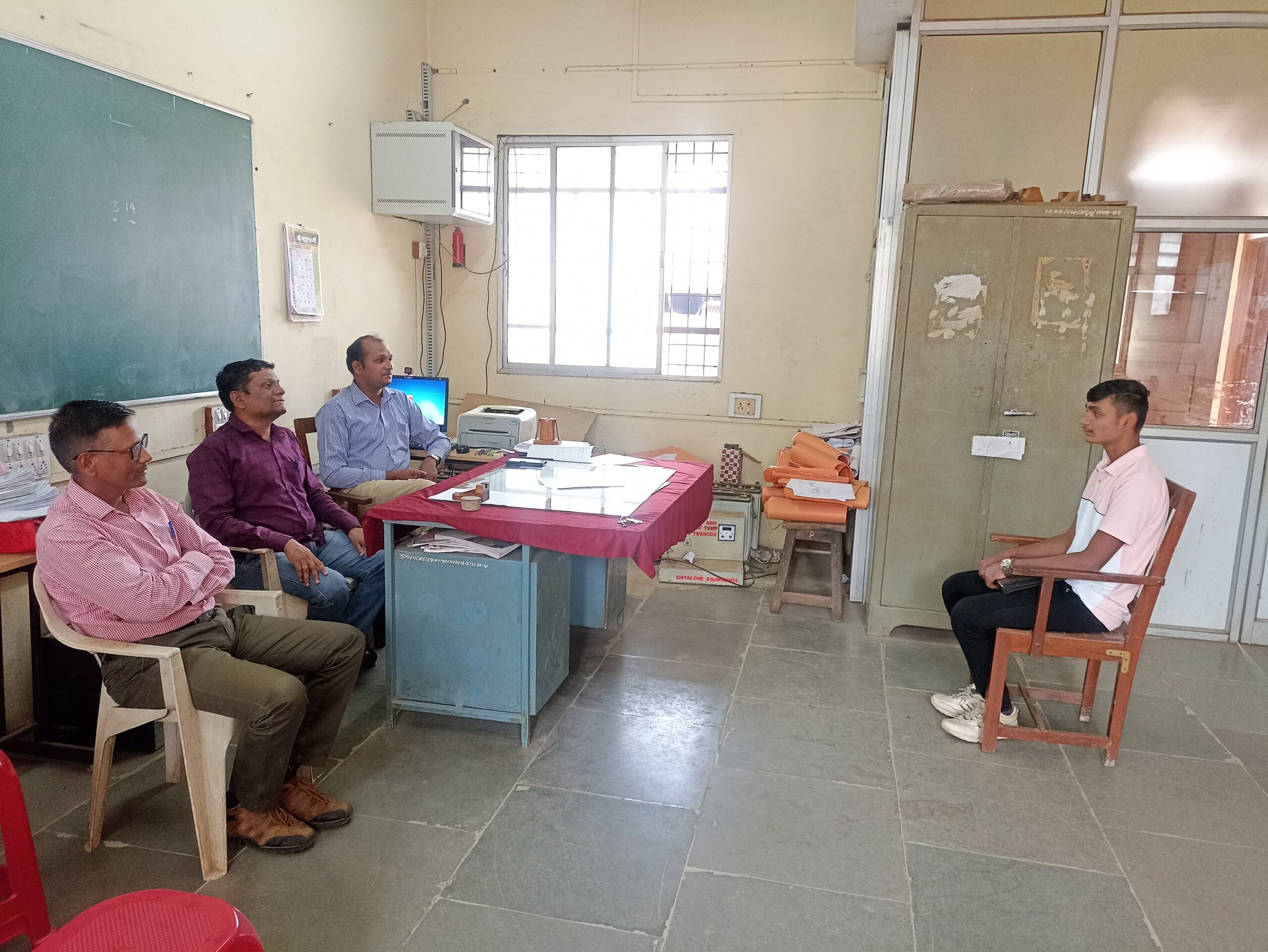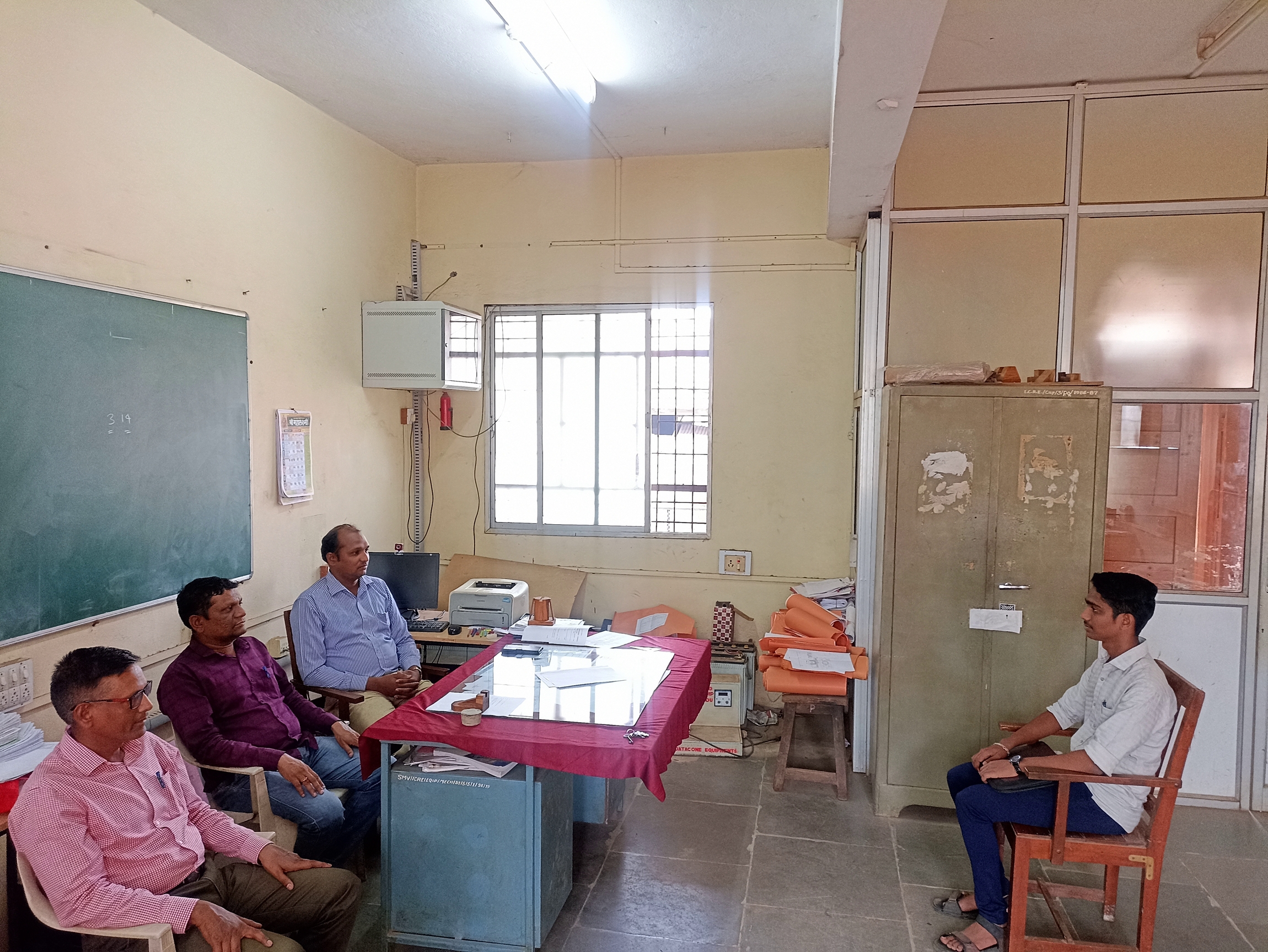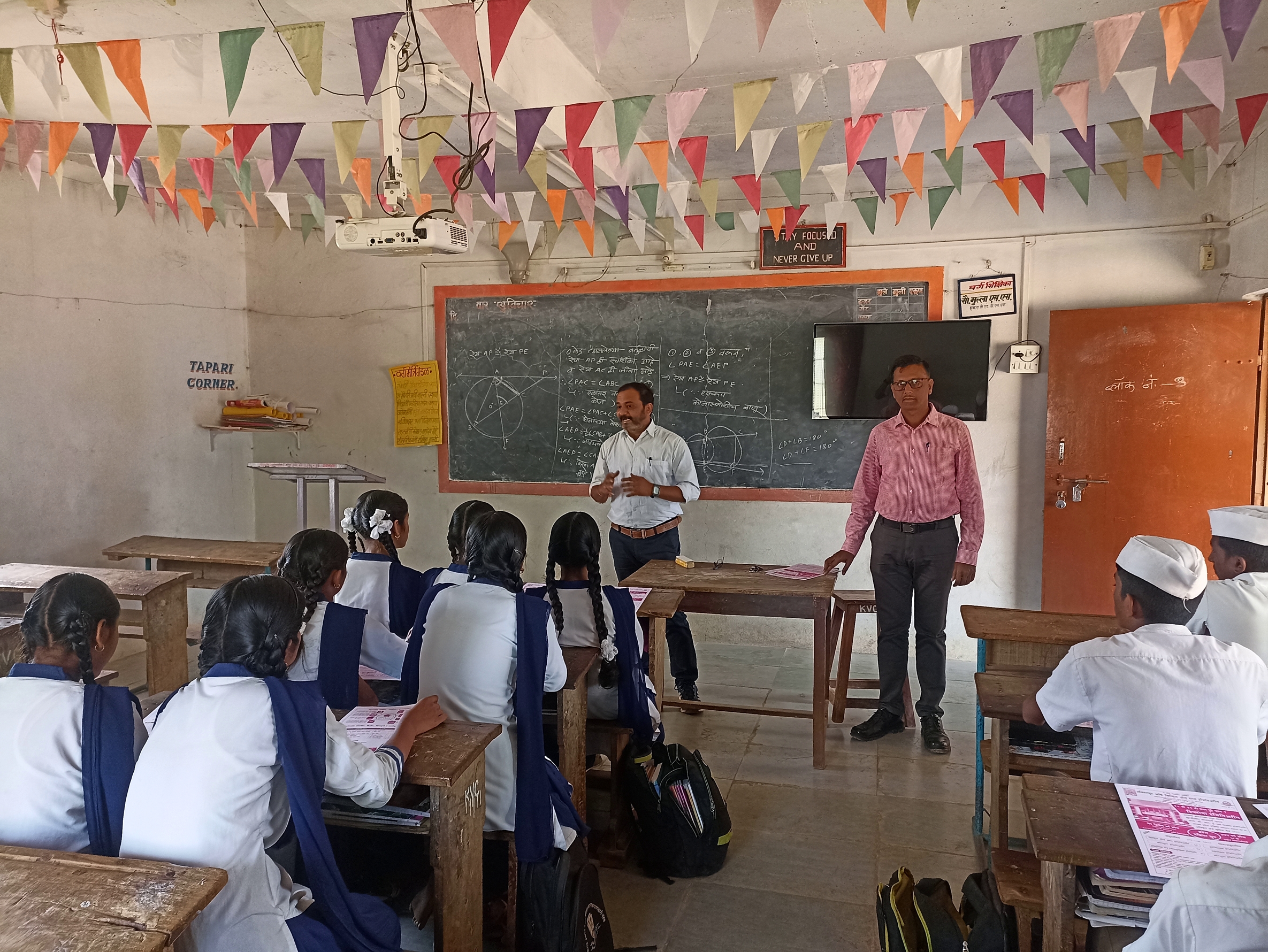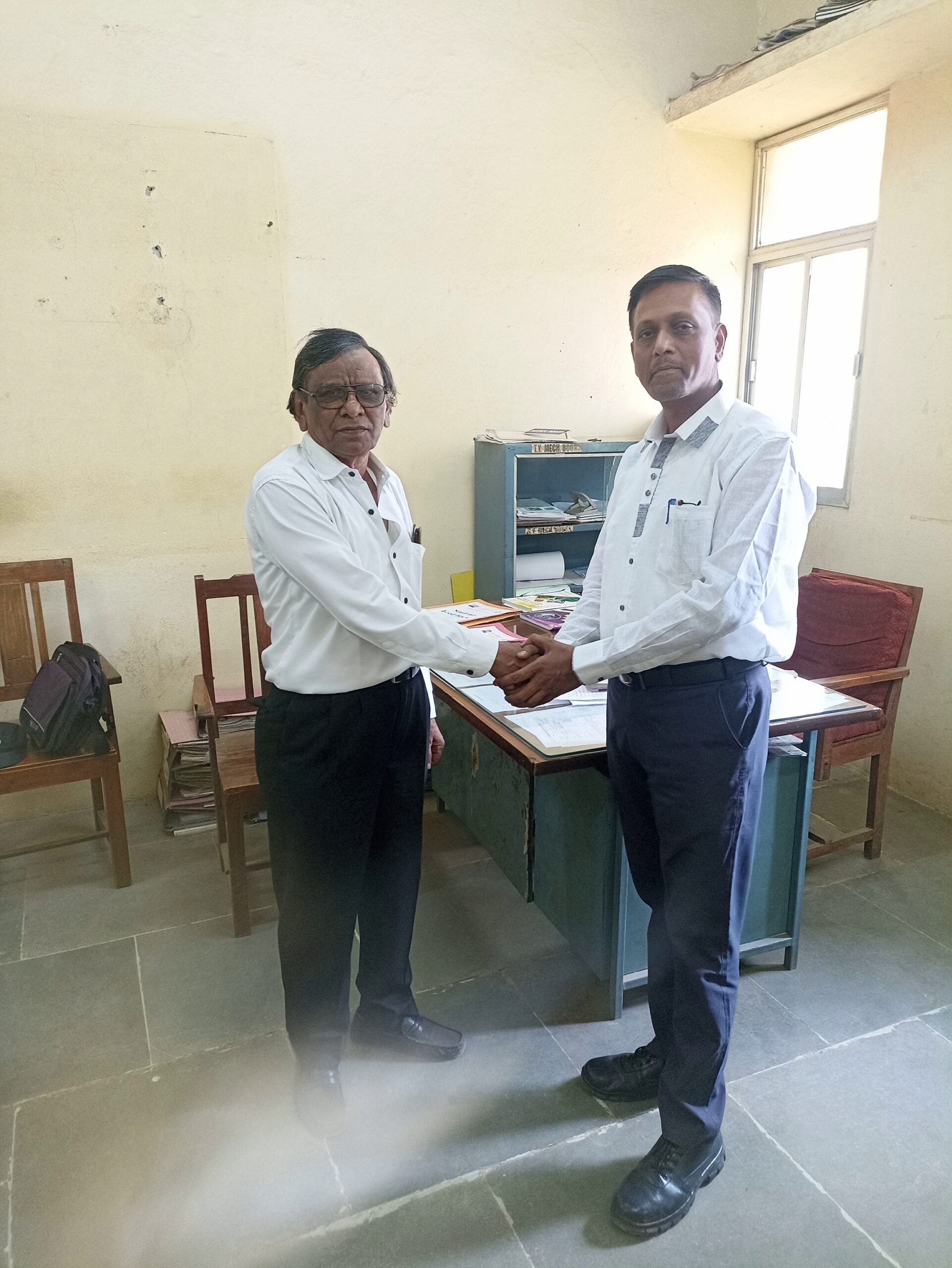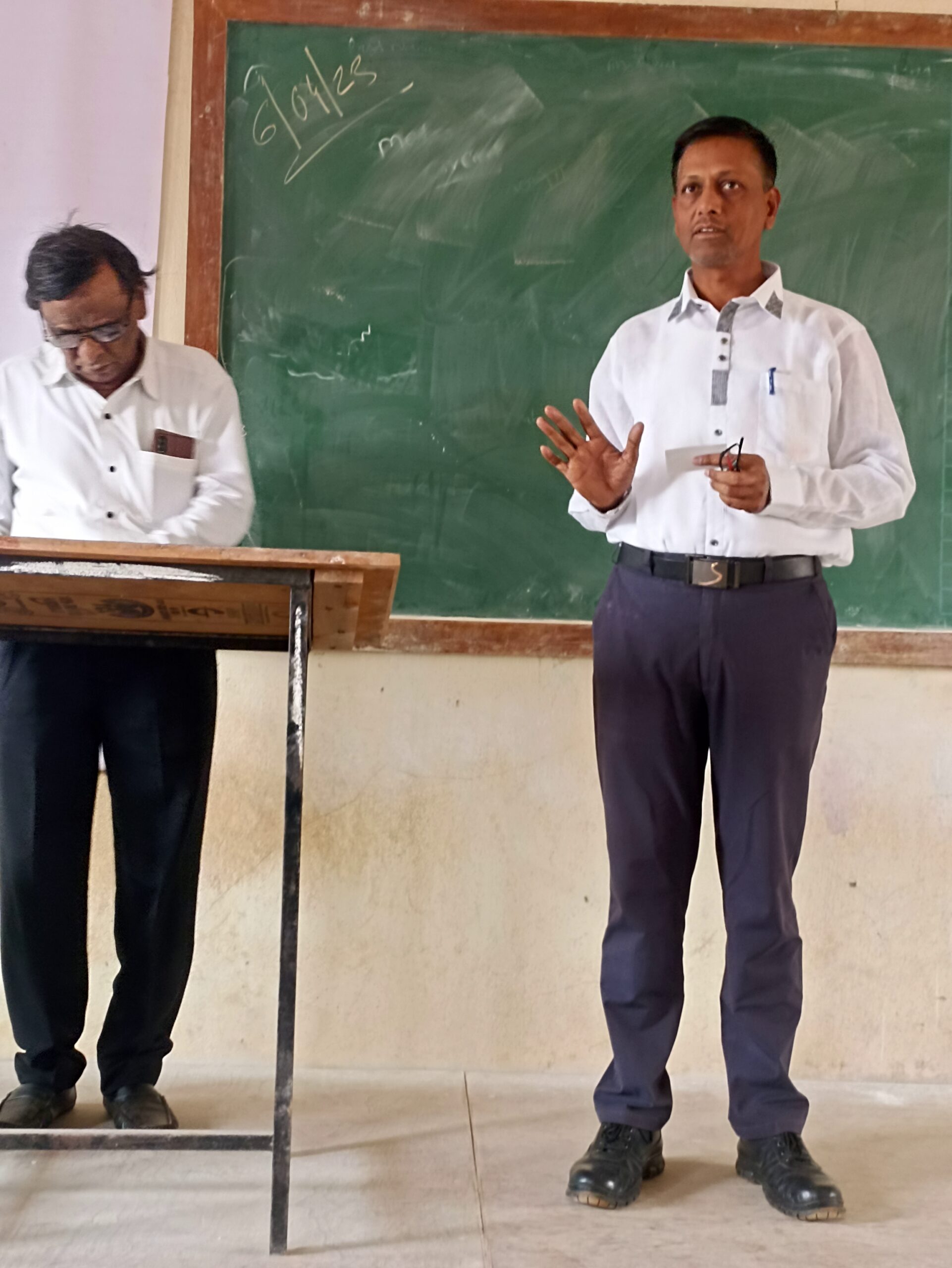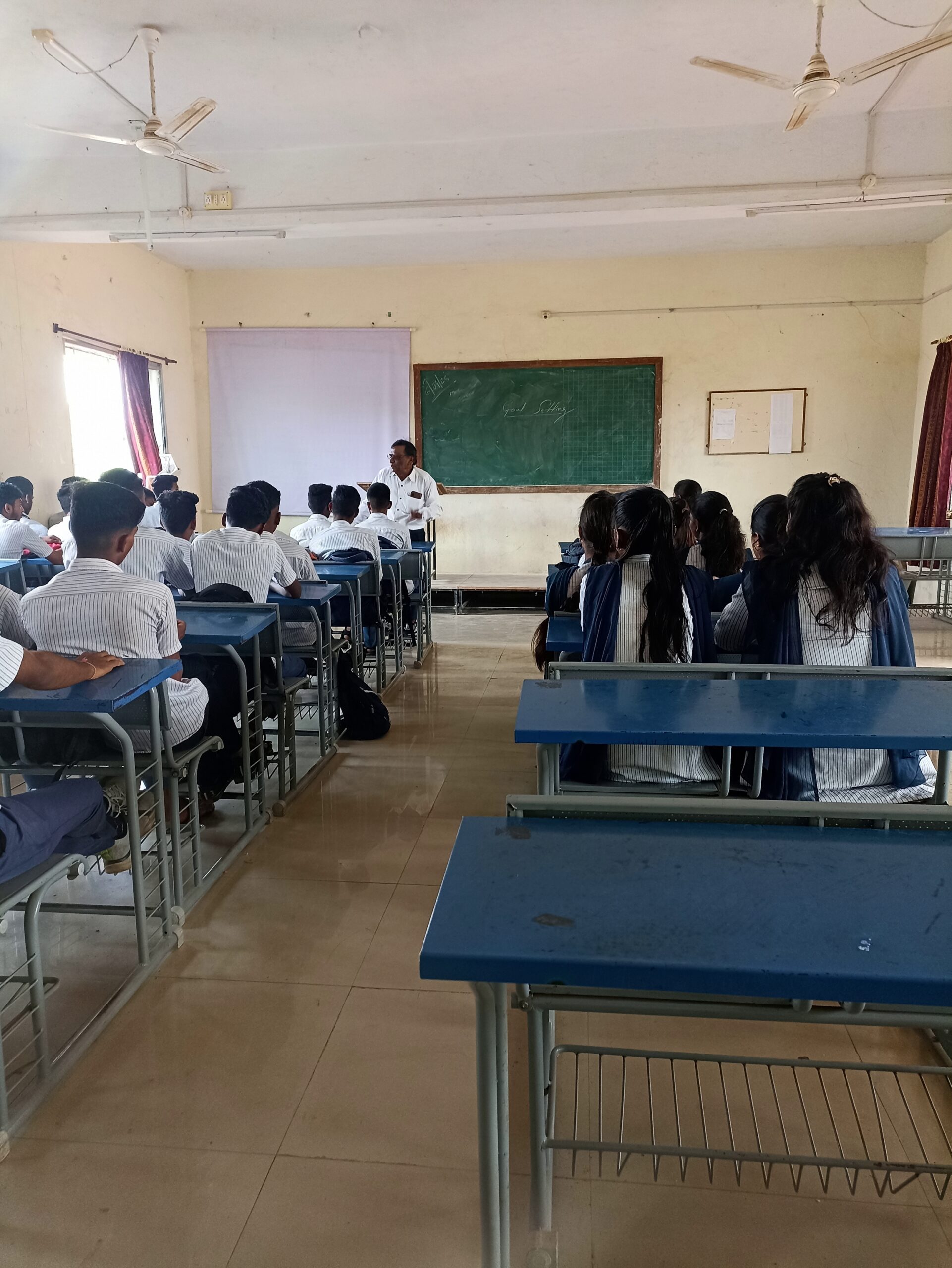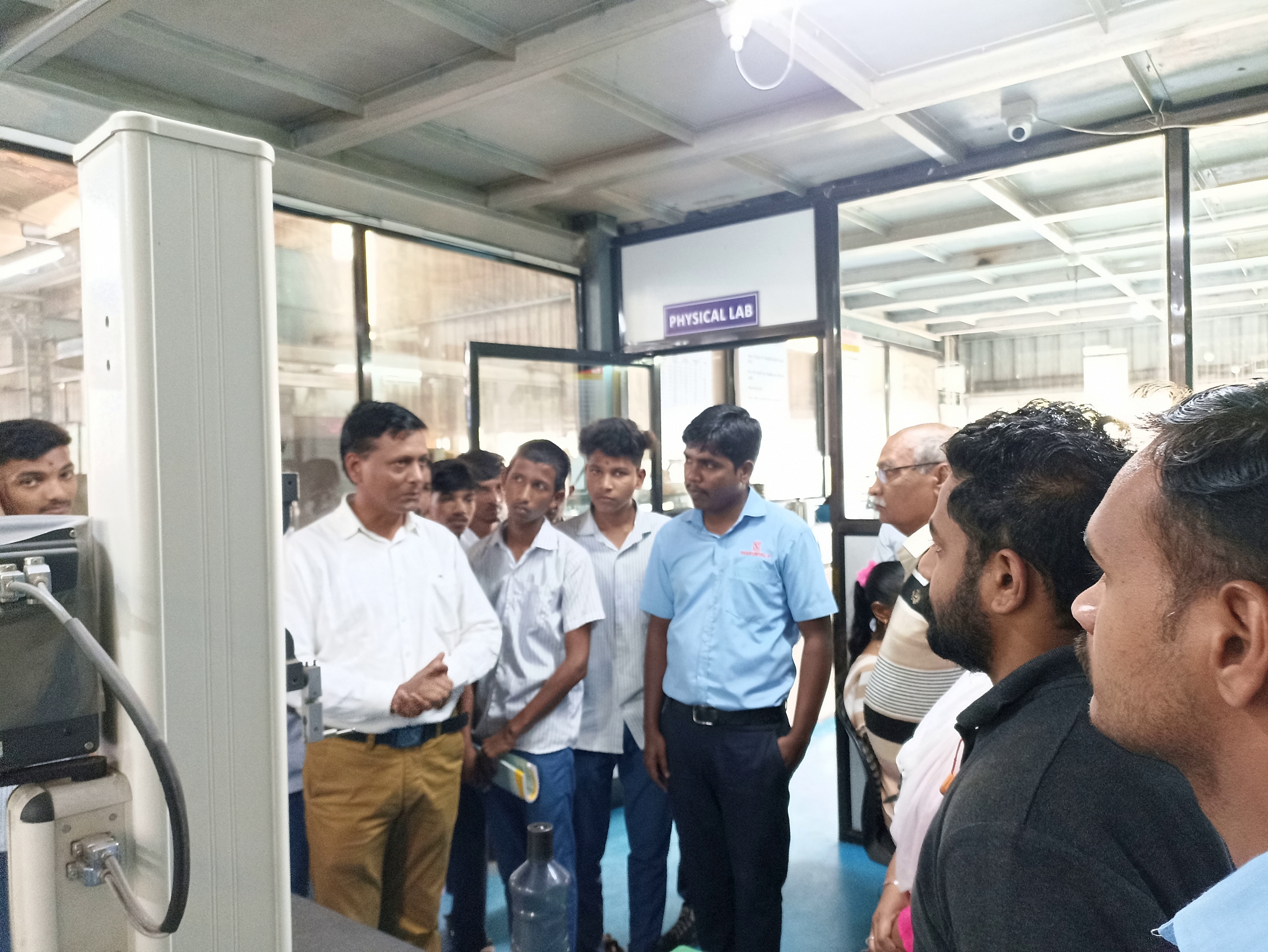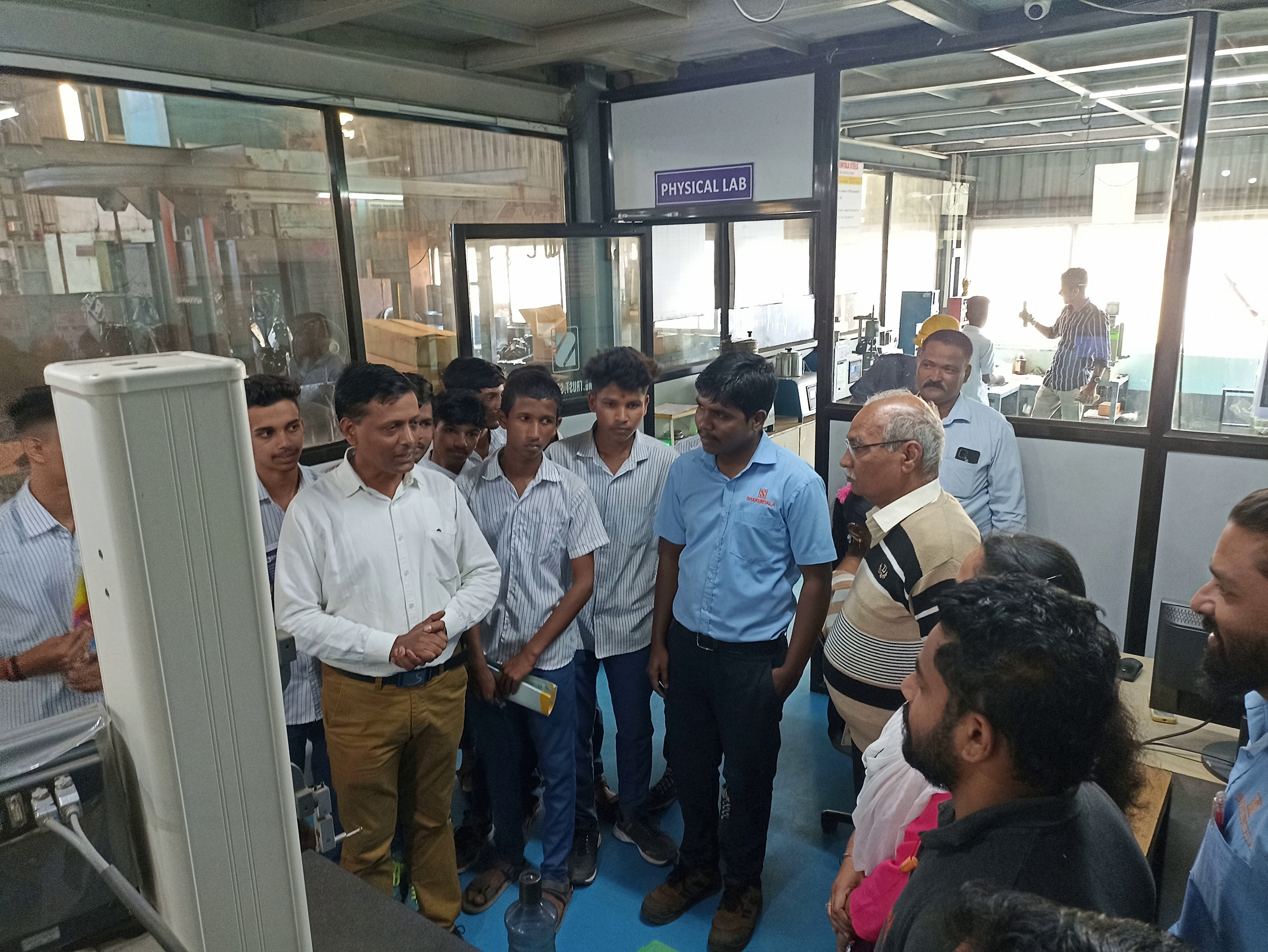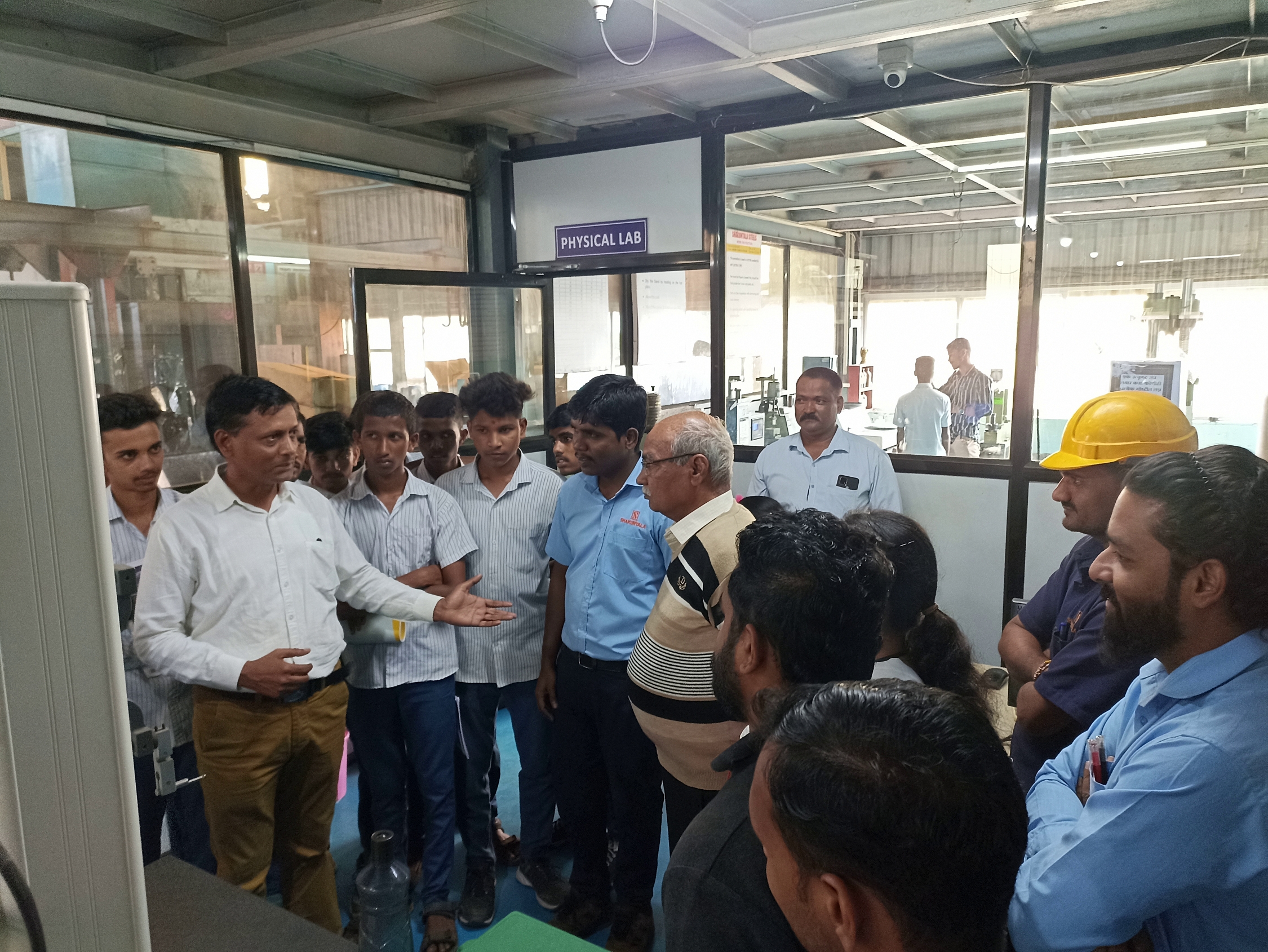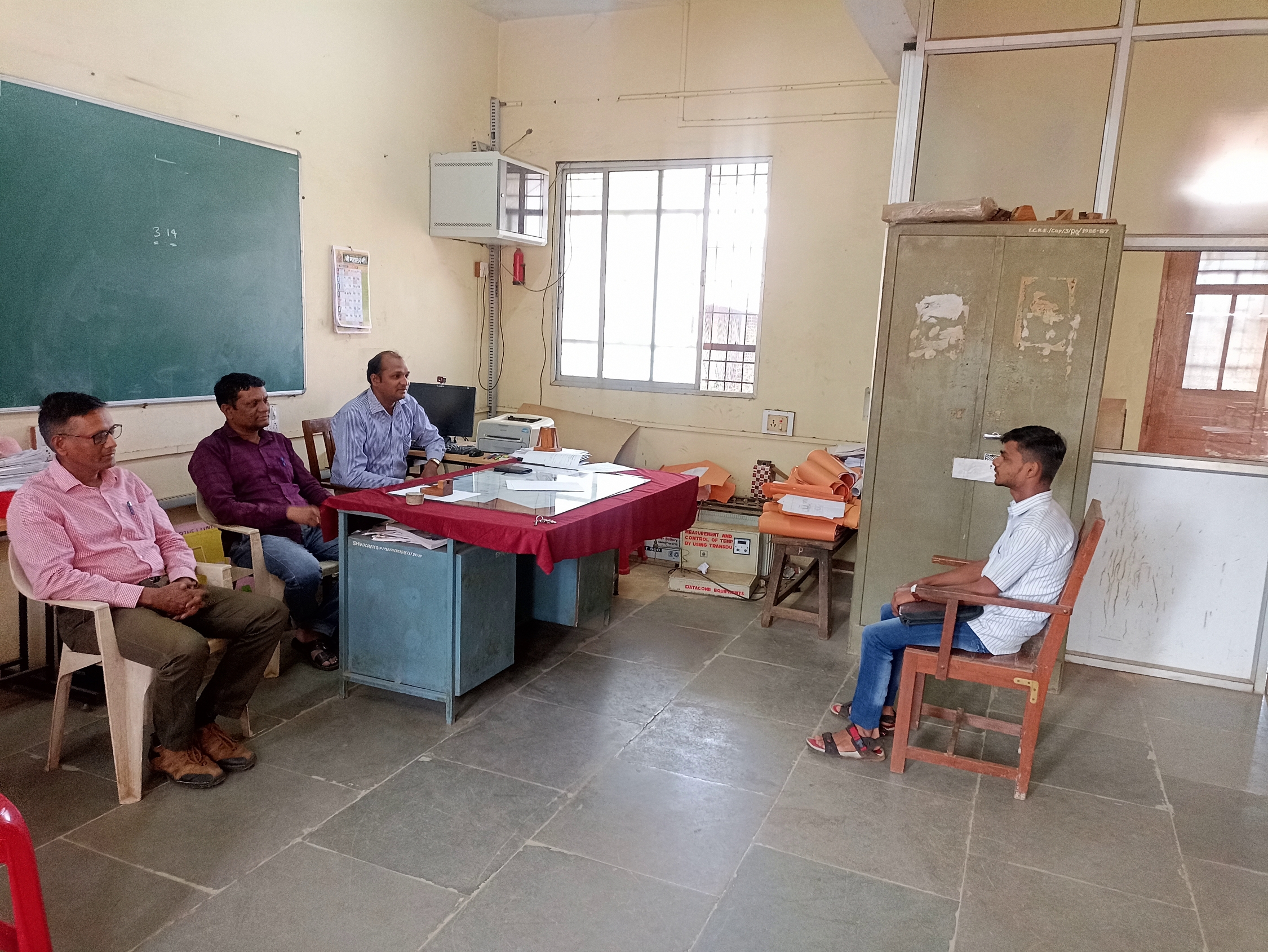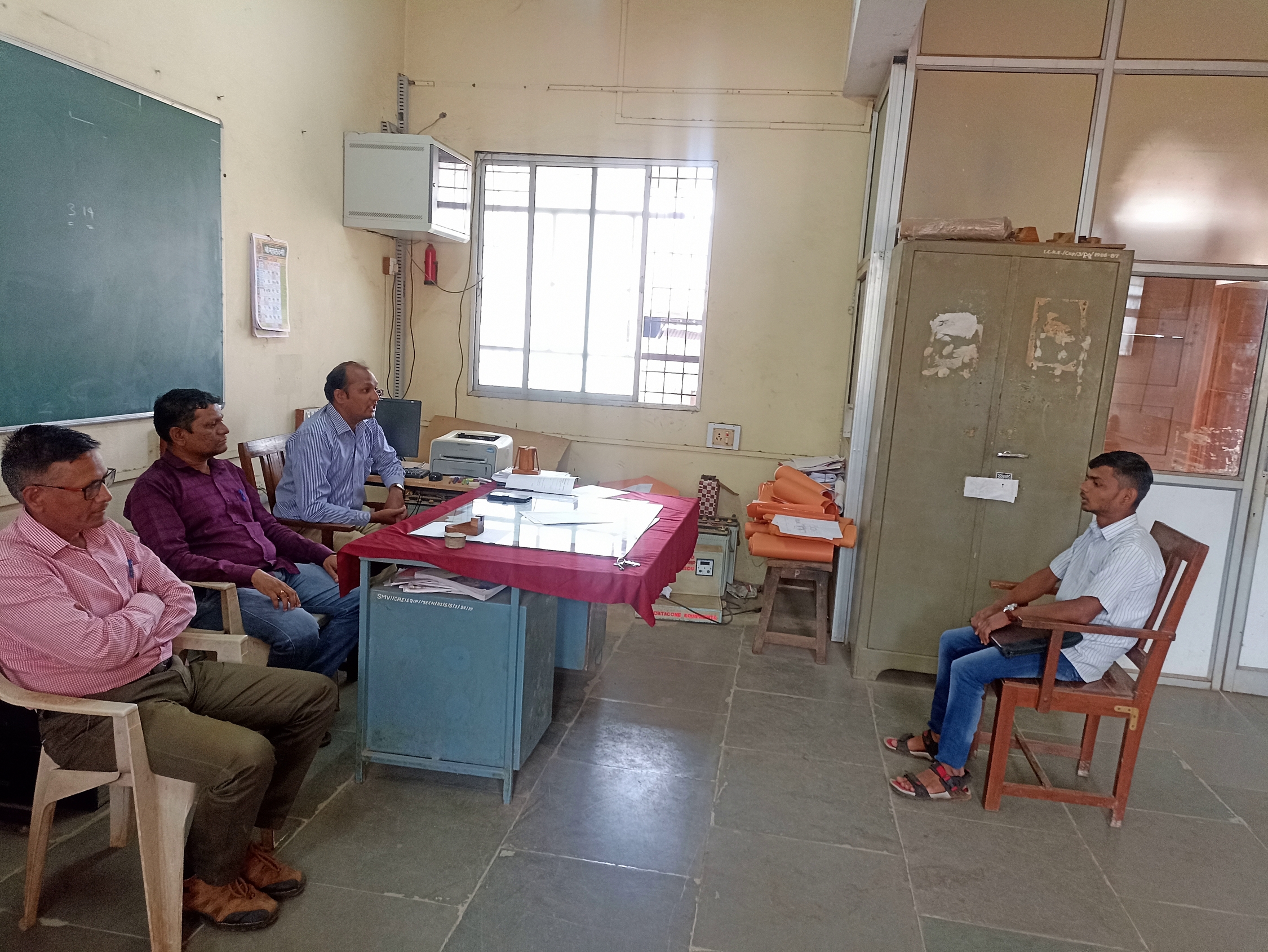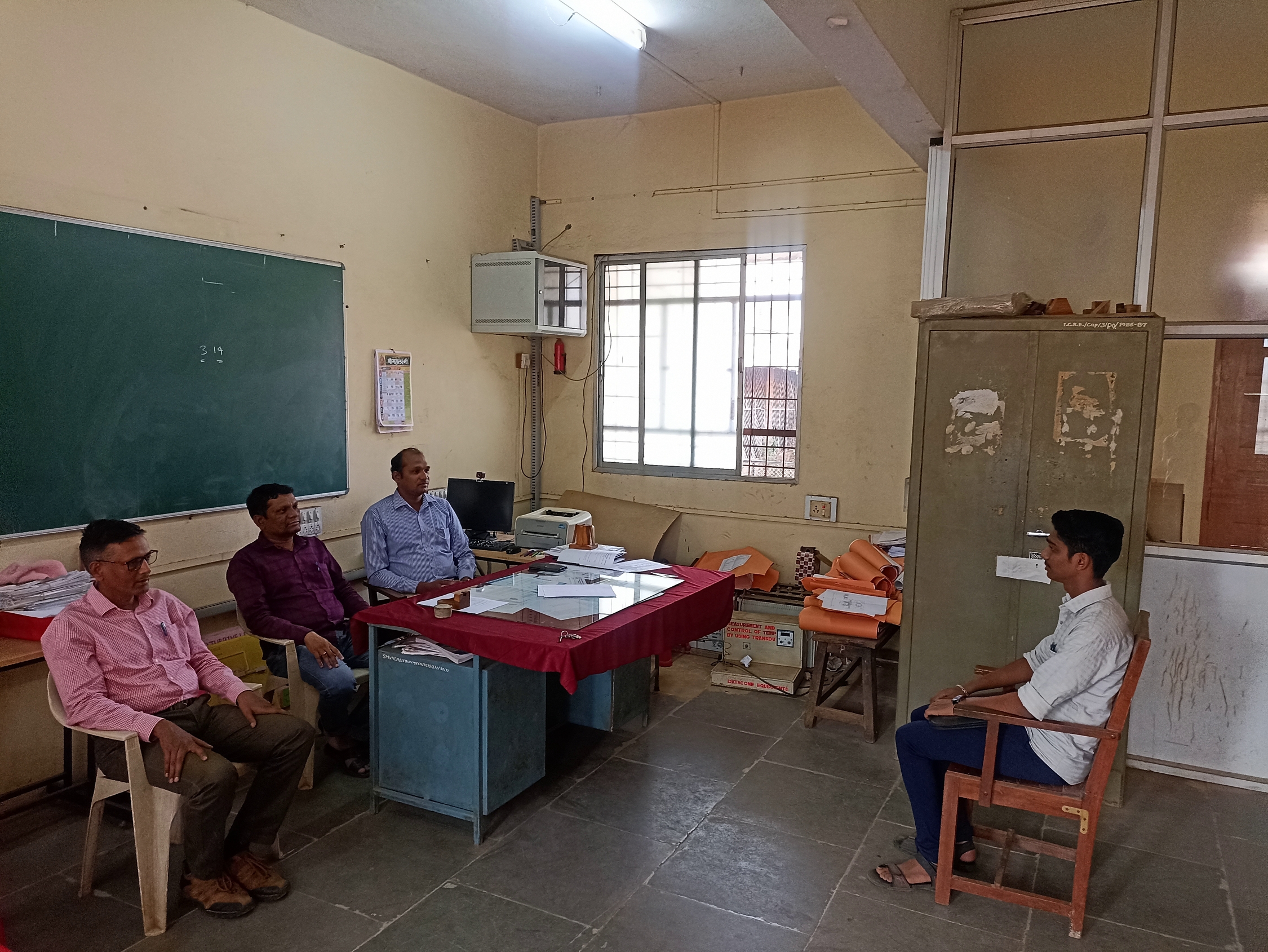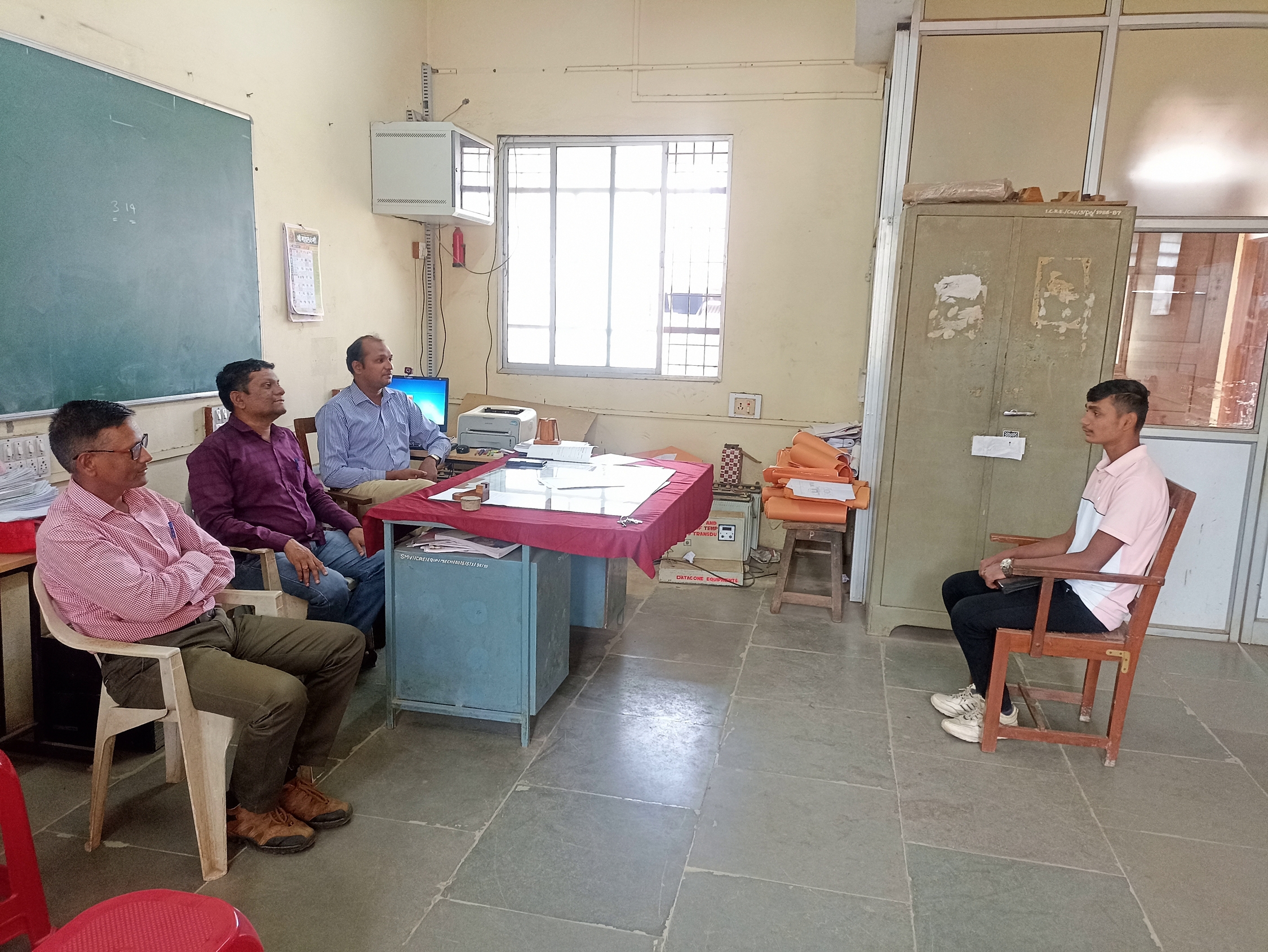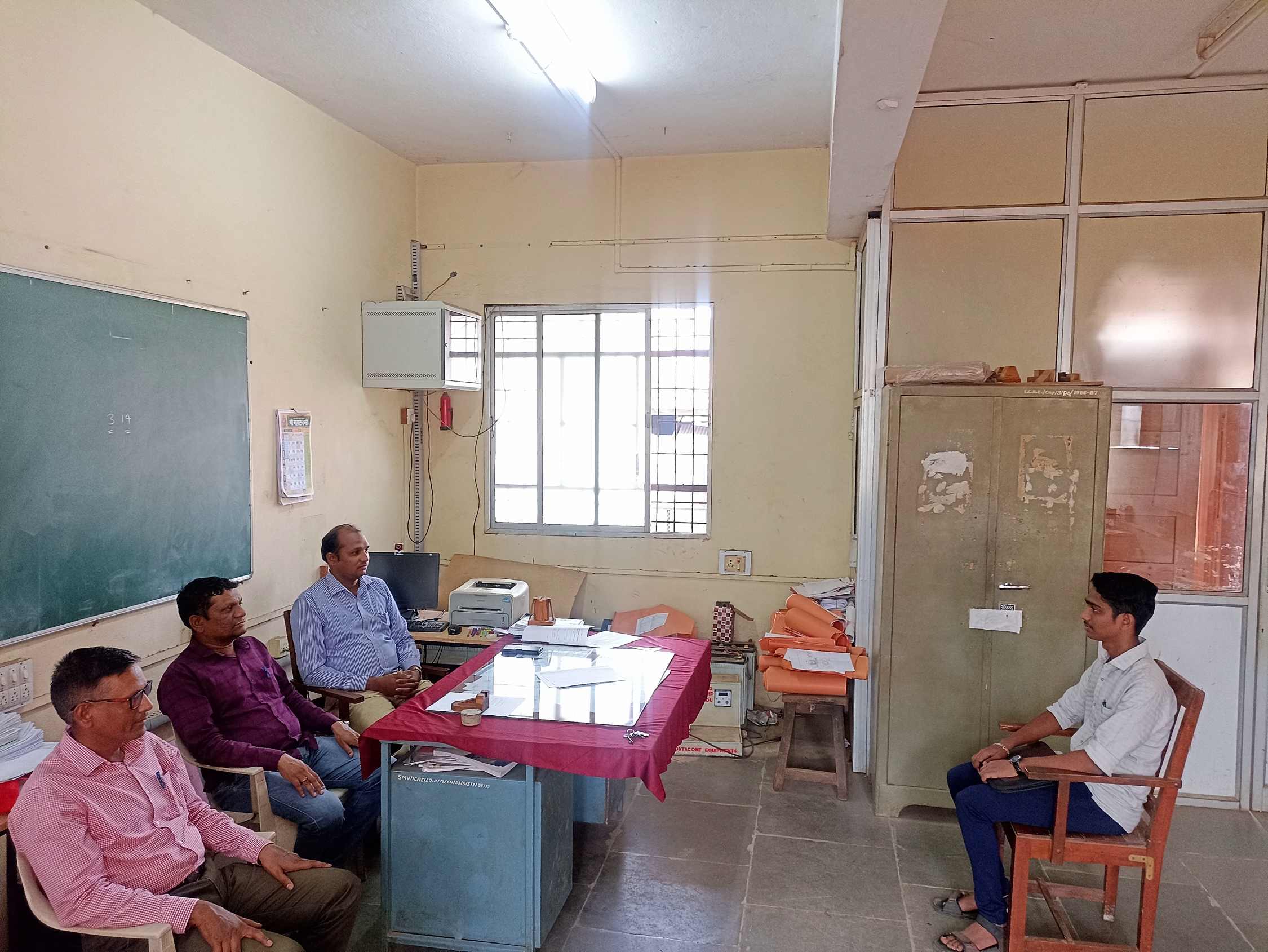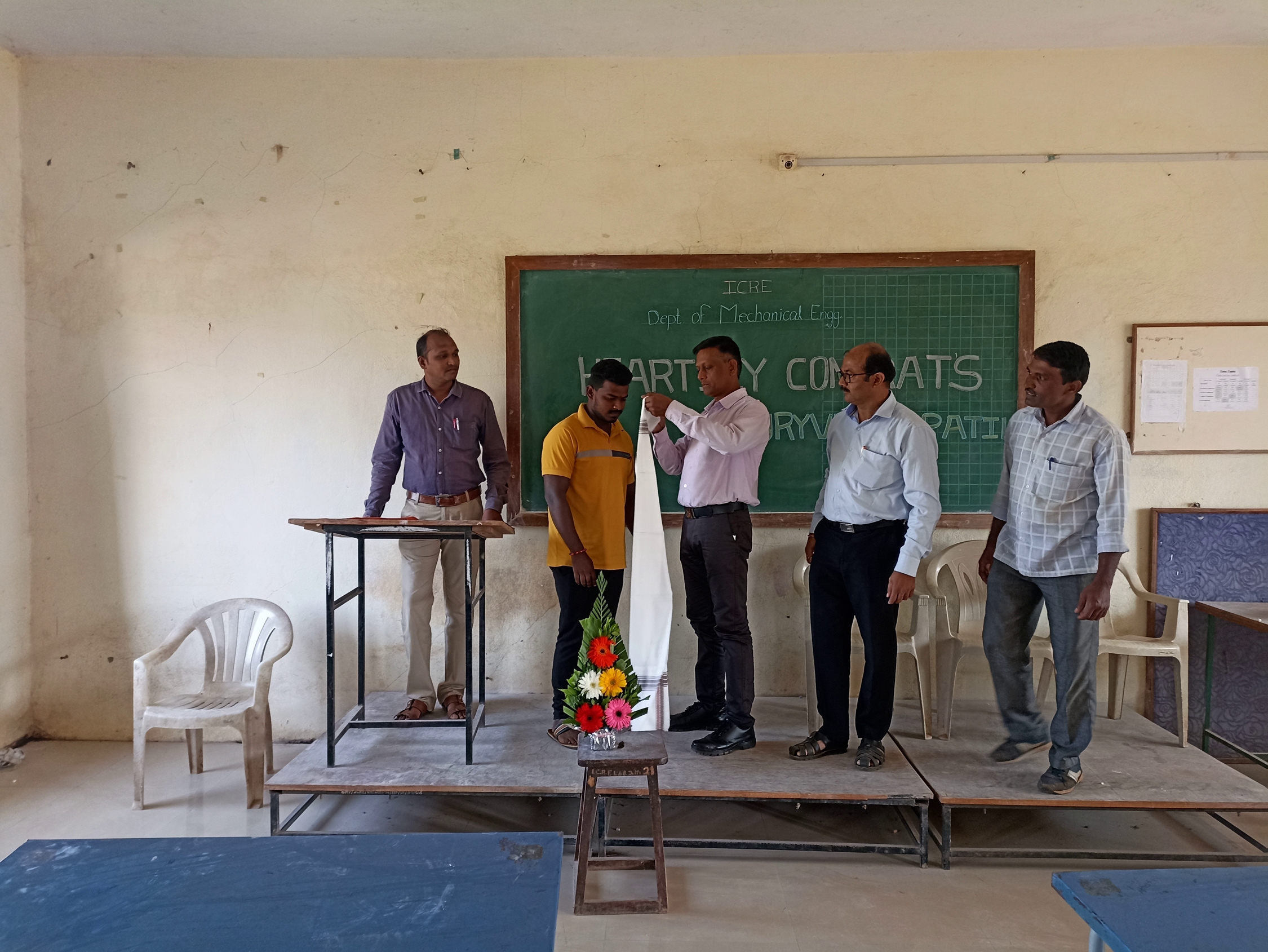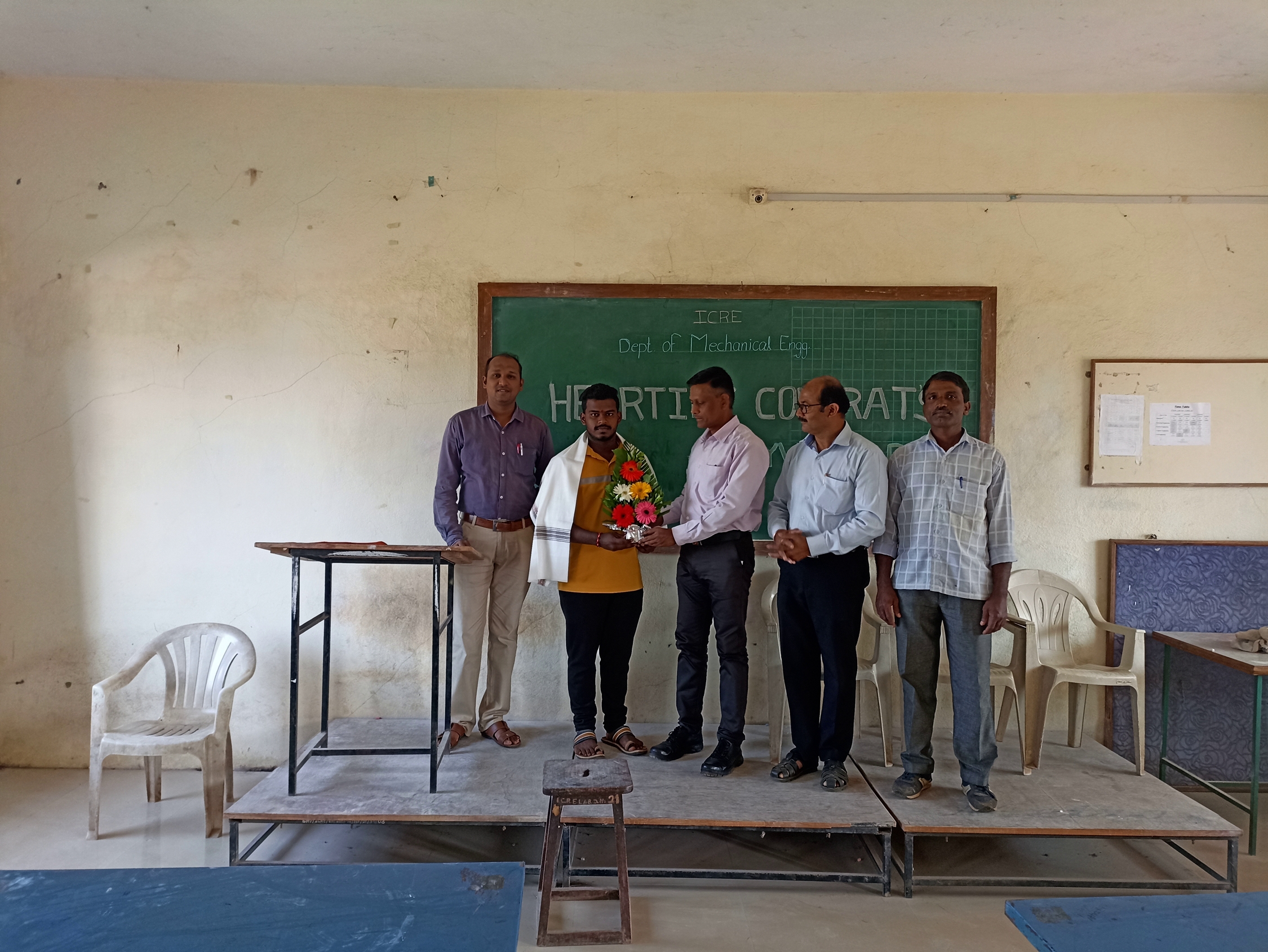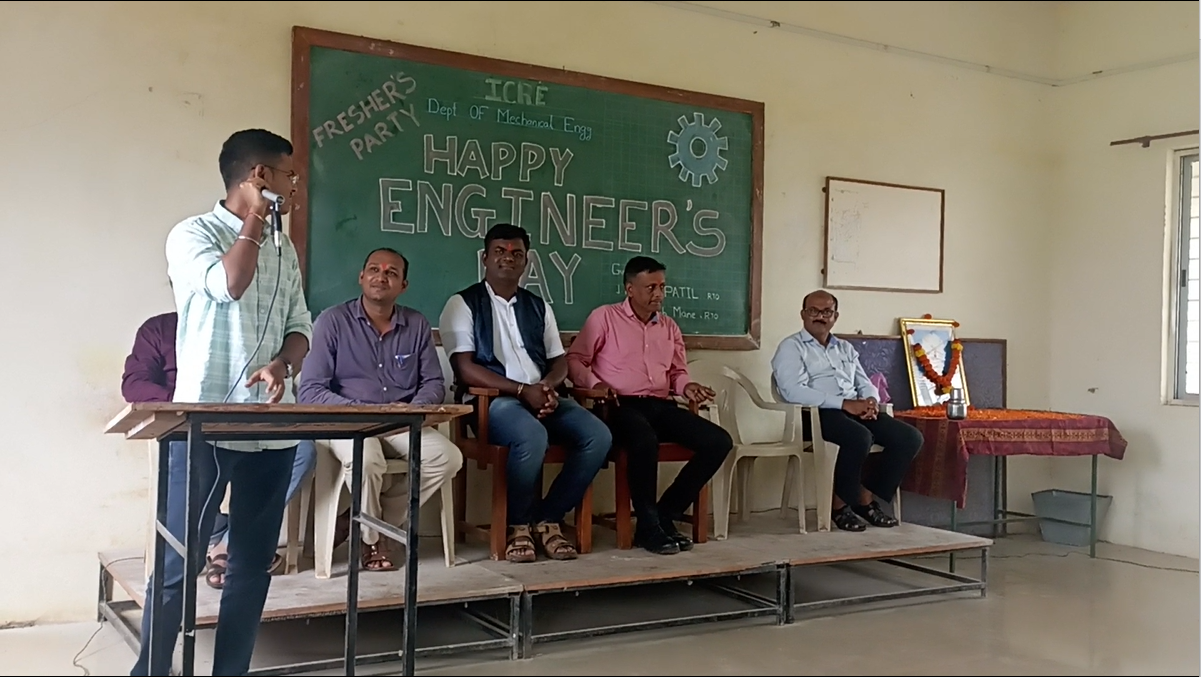- About Department
- PO/PEO/PSO
- Faculty
- Laboratories
- Events
- Achievements
- Syllabus
- Photo Gallery
- Videos
About Mechanical Engineering Department
The Mechanical Engineering Department was established in 1995-1996. It offers three years’ duration post SSC Full time Diplomas in Mechanical Engineering approved by All India Council for Technical Education (AICTE), New Delhi.
The Department was established in 1996 with an intake 60. Later on the intake was increased to 120. From 2009. The department has excellent infrastructure with modern and well equipped laboratories. The department has highly qualified and experienced faculties and support staff.
The department has a strong Institute Industry Interaction which helps getting sponsorship for the final year projects, conducting guest lecturers for students, arranging industrial visits, undertaking faculty development programs’ & carrying out consultancy activities.
The department has Mechanical Engineering Student Association (MESA) which undertakes long tours/ excursions, cultural events, Paper/poster Presentation/Gaming/CAD competitions. Well qualified and experienced faculty members and supporting staff, well equipped laboratories, excellent academic results, strong connection with the industries and the alumni are the strengths of the department
Intake : 120
Departmental Staff
Head of Department :01
No. of Faculty : 07
No. of Supporting Staff : 03
Our Vision
"The department is committed to overall development of dedicated and competent engineers to shoulder the responsibilities of industry and society."
Our Mission
To generate knowledge through various experiments in the science and technology of mechanical engineering
To develop competent aspirants for employment or entrepreneurship or higher education in mechanical engineering
To remain committed in continuous improvement in the contribution towards student, institute and society
To update continuously the department resources and faculty by state of the art equipment and by imparting training to the faculty
Program Outcomes (POs)
[What he/she will be able to do at the entry point of industry soon after the diploma program]
- PO1. Basic and Discipline specific knowledge: Apply knowledge of basic mathematics, science and engineering fundamentals and engineering specialization to solve the Mechanical engineering problems.
- PO2. Problem analysis: Identify and analyze well-defined Mechanical engineering problems using codified standard methods.
- PO3. Design/Development of solutions: Design solutions for well-defined Mechanical engineering problems and assist with the design of systems components or processes to meet specified needs.
- PO4. Engineering Tools, Experimentation and Testing: Apply modern engineering tools and appropriate technique to conduct standard tests and measurements in Mechanical Engineering.
- PO5. Engineering practices for society, sustainability and environment: Apply appropriate technology in context of society, sustainability, environment and ethical practices.
- PO6. Project Management: Use Mechanical engineering management principles individually, as a team member or a leader to manage projects and effectively communicate about well-defined engineering activities.
- PO7. Life-long learning: Ability to analyze individual needs and engage in updating in the context of technological changes in Mechanical Engineering.
Program Specific Outcomes (PSOs)
[At the entry point of the industry soon after successful completion of Mechanical Engineering Diploma Program, Students will be able to,]
- PSO1. Maintenance and Modern Software Usage : Maintain equipment and instruments, and Use latest Mechanical engineering related software’s for simple design, drafting, manufacturing, maintenance and documentation of mechanical engineering components and processes.
- PSO2. Mechanical Engineering Processes : Manage Mechanical engineering processes by Selecting and scheduling relevant equipment, substrates, quality control techniques and operational parameters..
Program Educational Objectives (PEOs)
- PEO1. Provide Socially Responsible, Environment Friendly Solution to Mechanical Engineering Related Broad-Based Problems Adapting Professional Ethics.
- PEO2. Adapt State-Of-Art Mechanical Engineering Broad-Based Technologies to Work in Multi-Disciplinary Work Environments.
- PEO3. Solve Mechanical Engineering Broad-Based Problems Individually and As a Team Member Communicating Effectively In the World of Work.
Department of Mechanical Engineering
Faculty Profiles
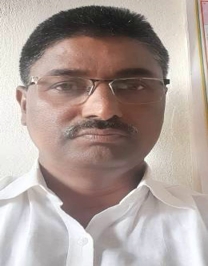
Name :
Designation :
Qualification :
Total Experience :
Area of Specialization :
Email :
Mr. Patil U.V.
I/C Principal
B.E. (Mechanical) M.E. (Heat Power Engineering)
28 Years
Heat Power Engineering
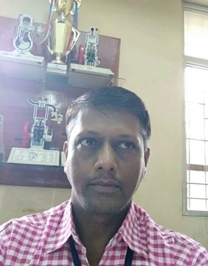
Name :
Designation :
Qualification :
Total Experience :
Area of Specialization :
Email :
Mr. Mane C.S.
I/C Head of the Department
B.E.(Mechanical) M.E.(Mech-Prod)
18 Years
Mechanical-Production Engineering
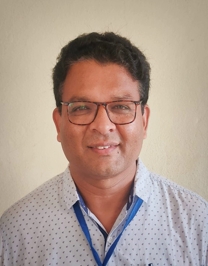
Name :
Designation :
Qualification :
Total Experience :
Area of Specialization :
Email :
Mr. Sawardekar V.S.
Lecturer
B.E. (Mechanical)
22 Years
Mechanical Engineering
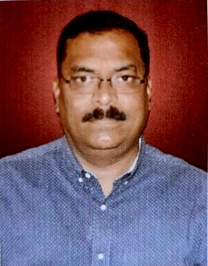
Name :
Designation :
Qualification :
Total Experience :
Area of Specialization :
Email :
Mr. Huparikar K.P.
Lecturer
B.E. (Production) M.E. (Mech-Prod)
16 Years
Mechanical -Production Engineering
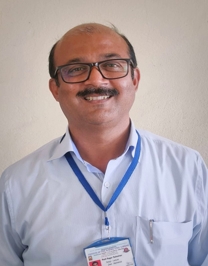
Name :
Designation :
Qualification :
Total Experience :
Area of Specialization :
Email :
Mr. Patil S.S.
Lecturer
B.E. (Mechanical) M.E. (Mech-Prod)
16 Years
Mechanical -Production Engineering
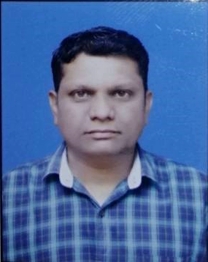
Name :
Designation :
Qualification :
Total Experience :
Area of Specialization :
Email :
Mr. Choutre T.R.
Lecturer
B.E. (Mechanical/Automobile) M.E. (Heat Power)
14 Years
Heat Power Engineering
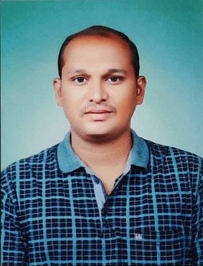
Name :
Designation :
Qualification :
Total Experience :
Area of Specialization :
Email :
Mechanical Engineering Laboratories
Mechanical Engineering Department Events
Mechanical Engineering Department Achievements
Mechanical Engineering Syllabus – (Click on the Semester to view detailed Syllabus)
Sem 1st Mechanical Engineering Scheme Syllabus
Sem 2nd Mechanical Engineering Scheme Syllabus
Sem 3rd Mechanical Engineering Scheme Syllabus
Sem 4th Mechanical Engineering Scheme Syllabus
Guest Lecture at MECH DEPT
Industrial Visit at Kolhapur
Mock Interviews
IDS Restling Winner

